Dec 6-8, 2021
Online
Back to conference page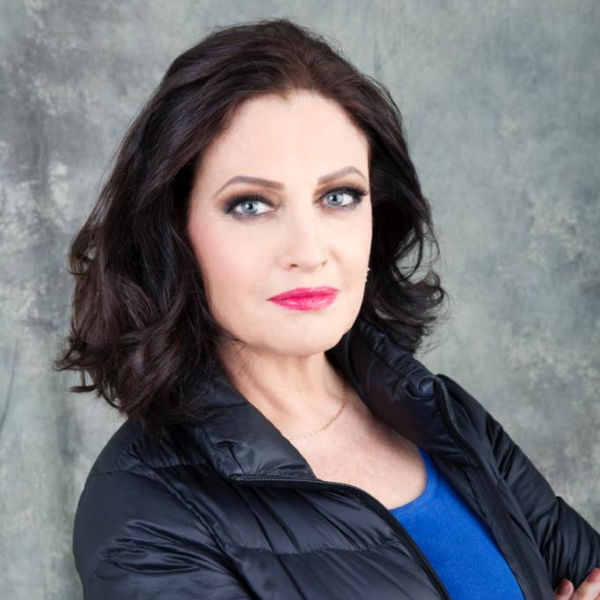
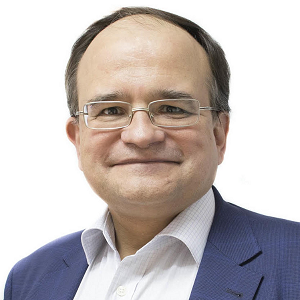
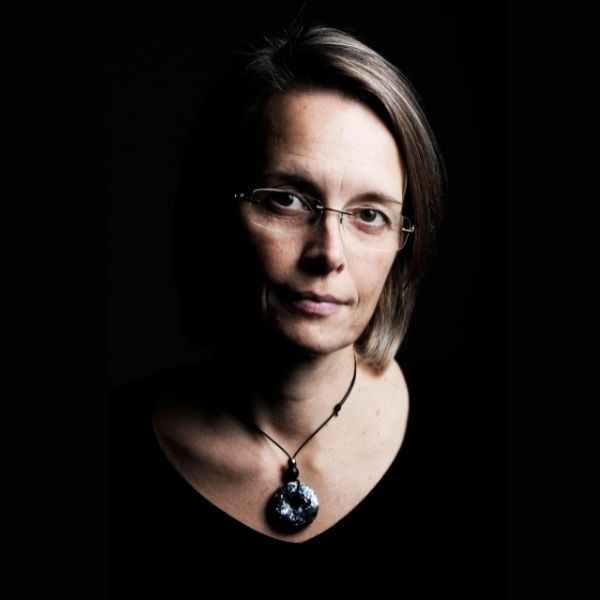
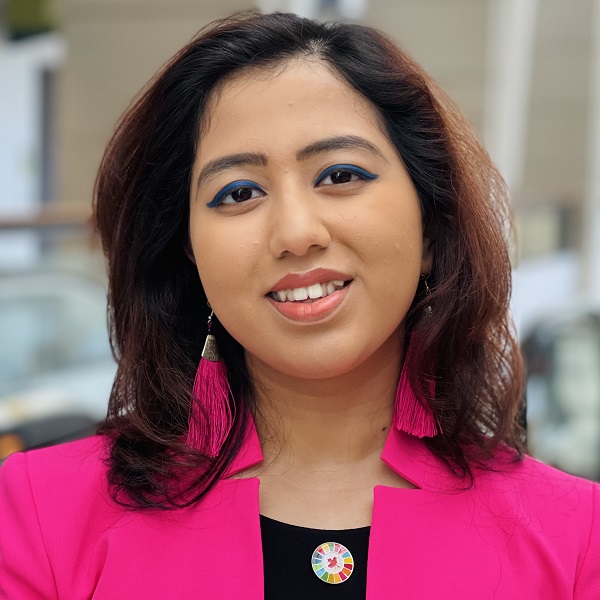
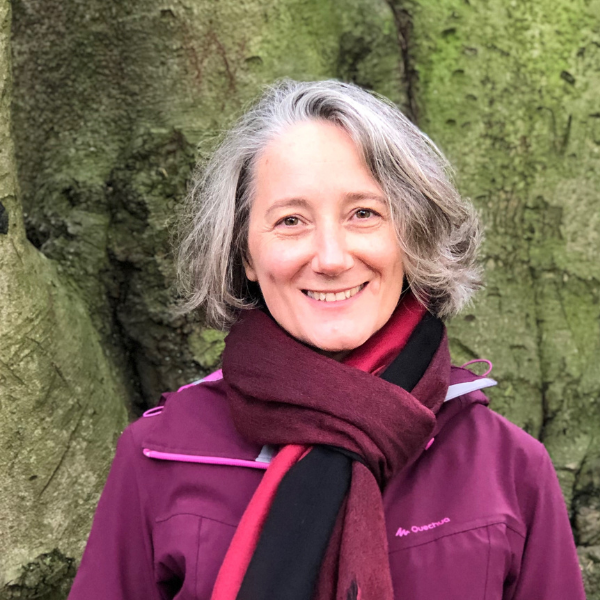
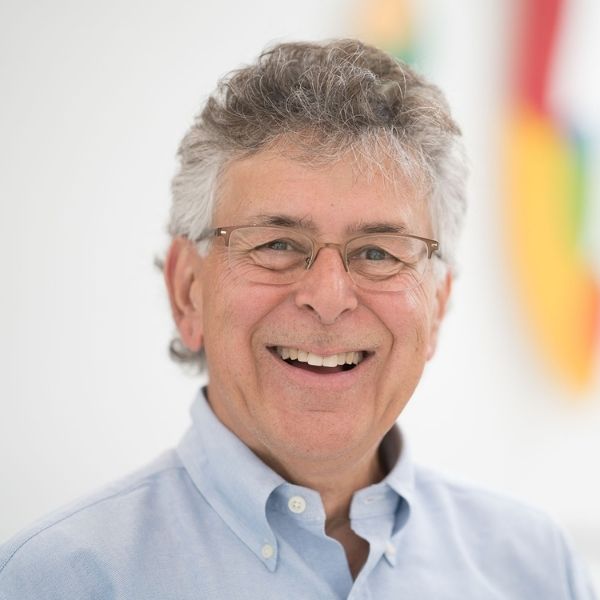
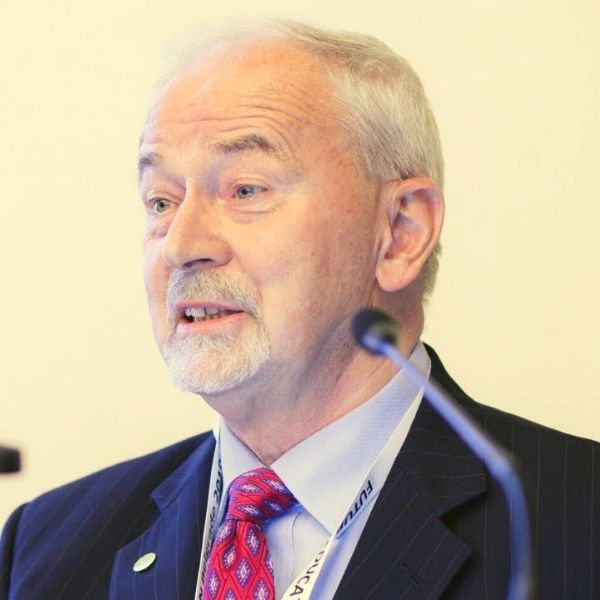
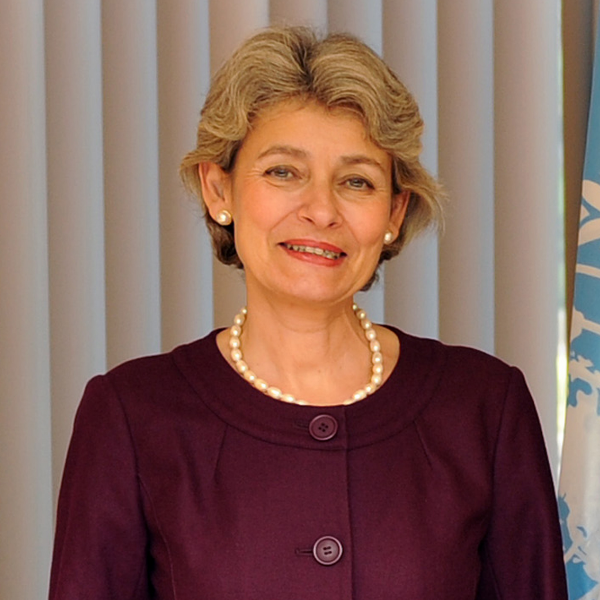
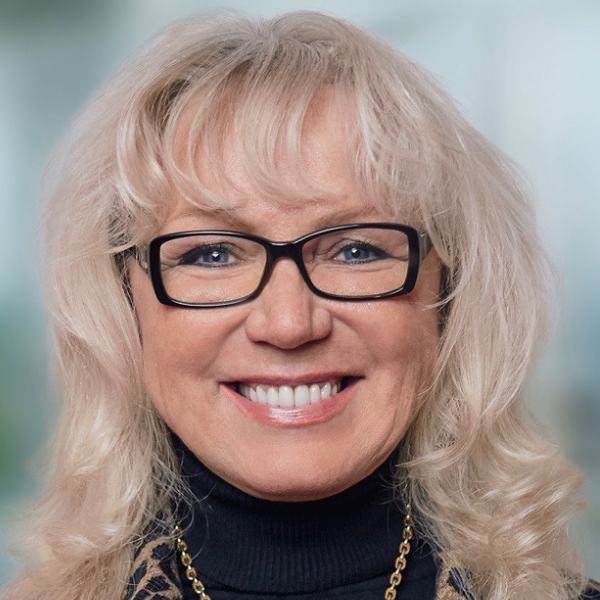
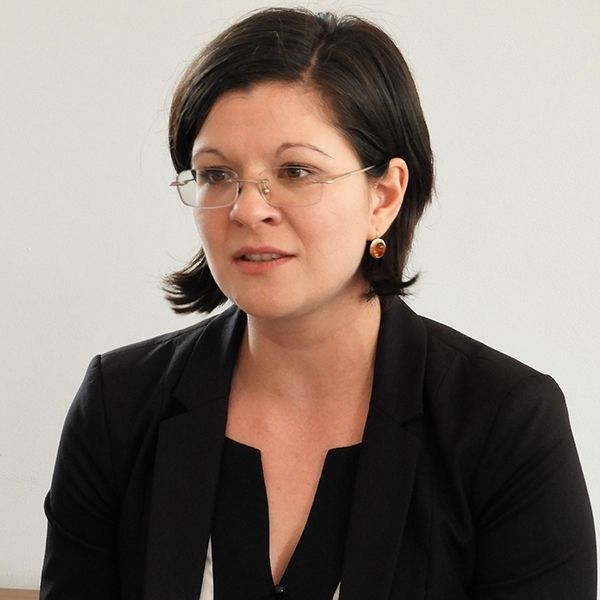
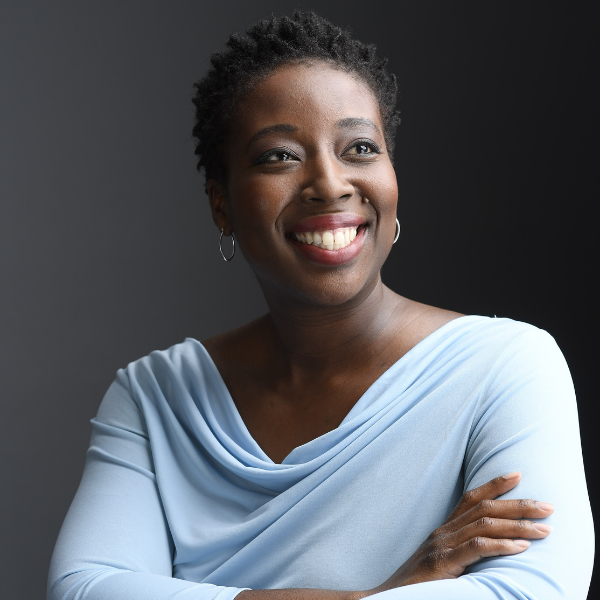
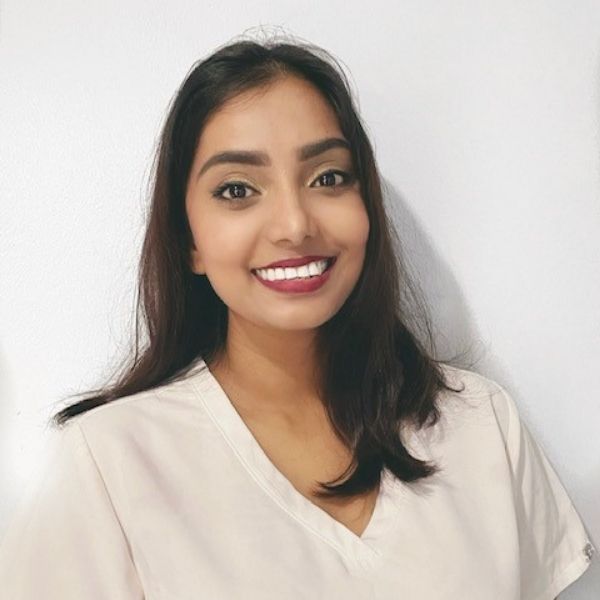
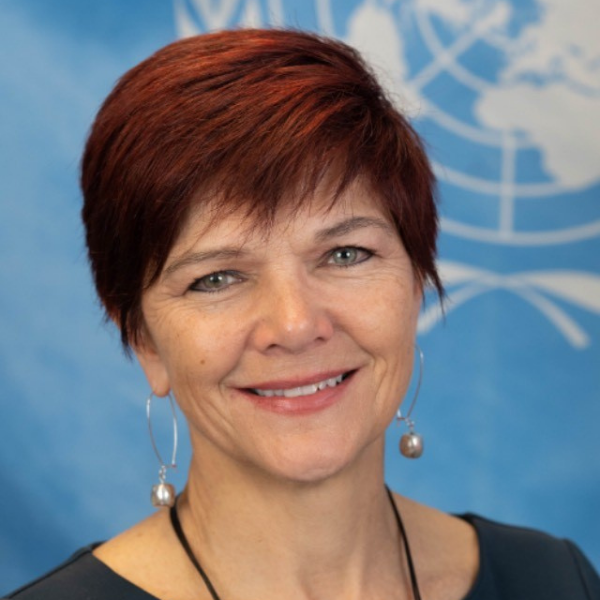
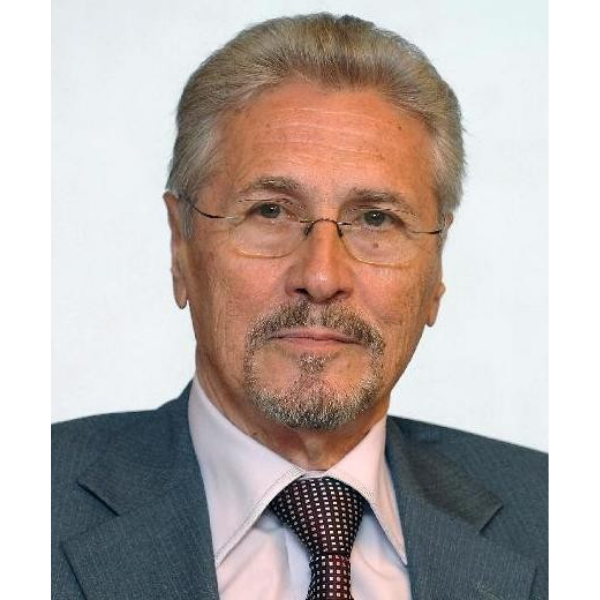
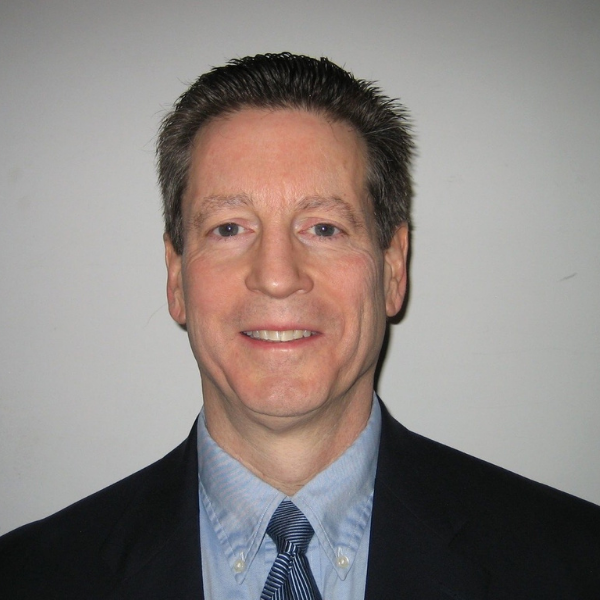
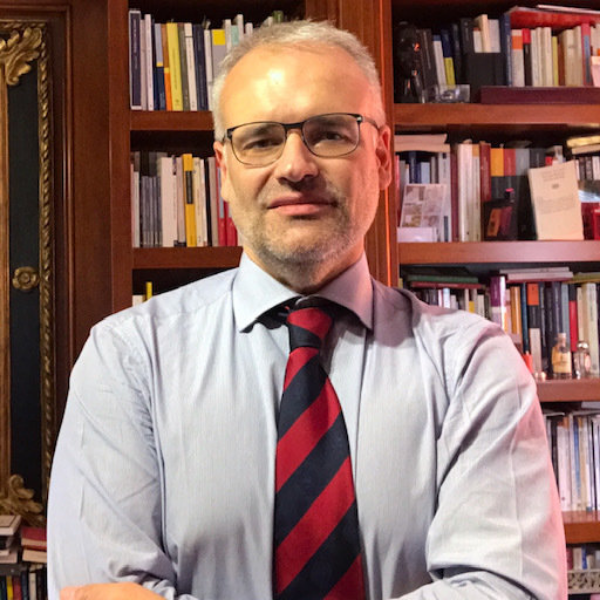
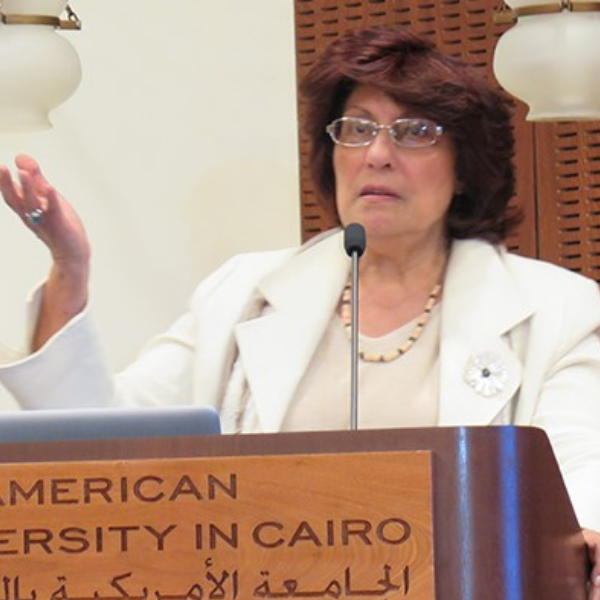
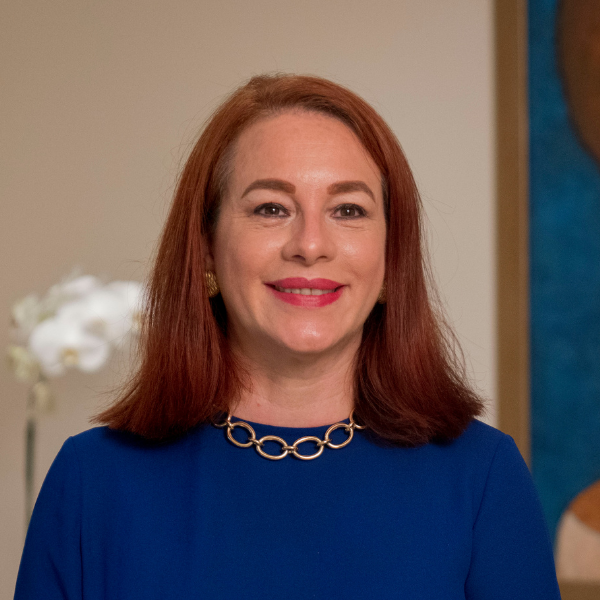
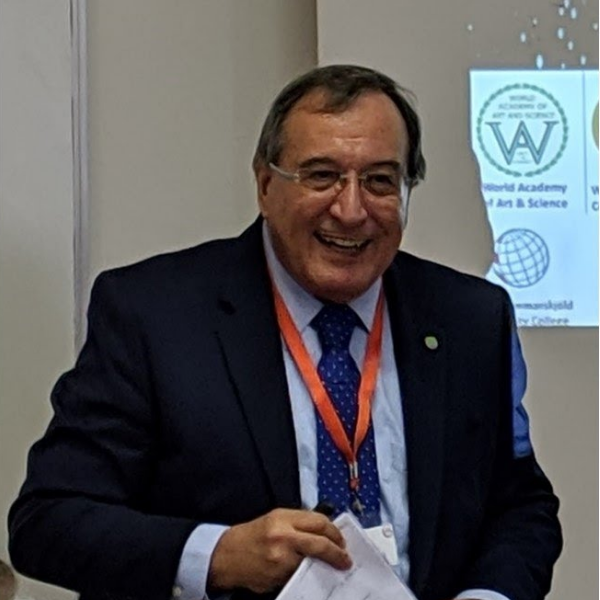
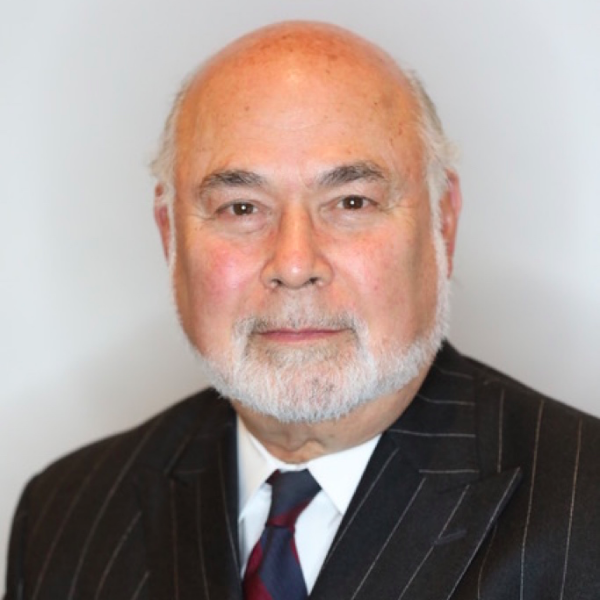
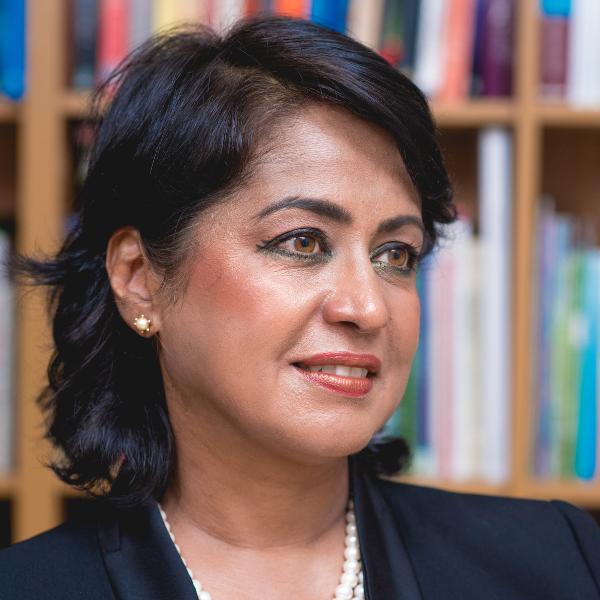
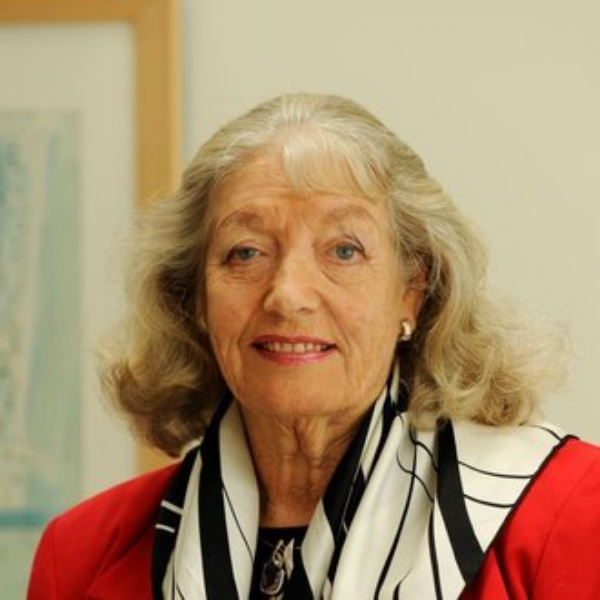
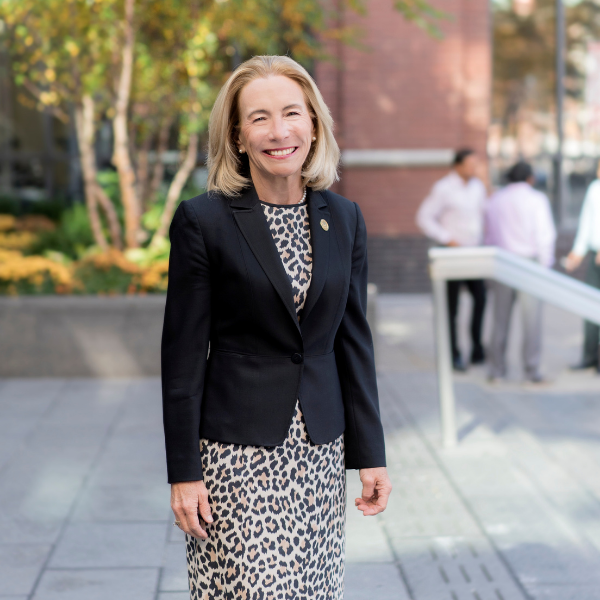
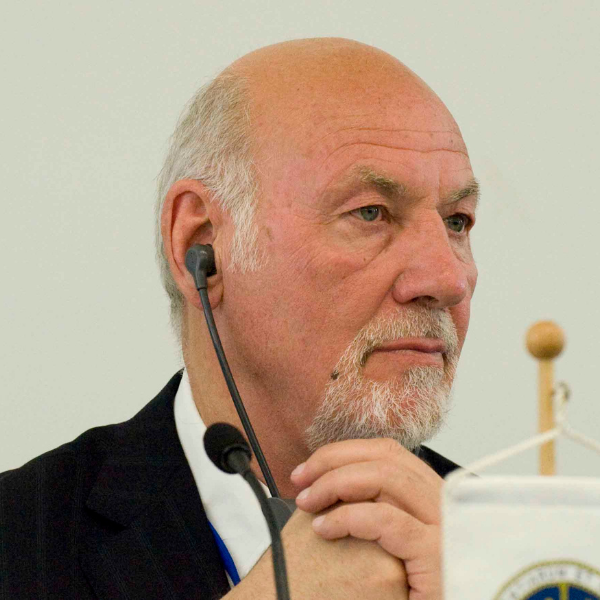
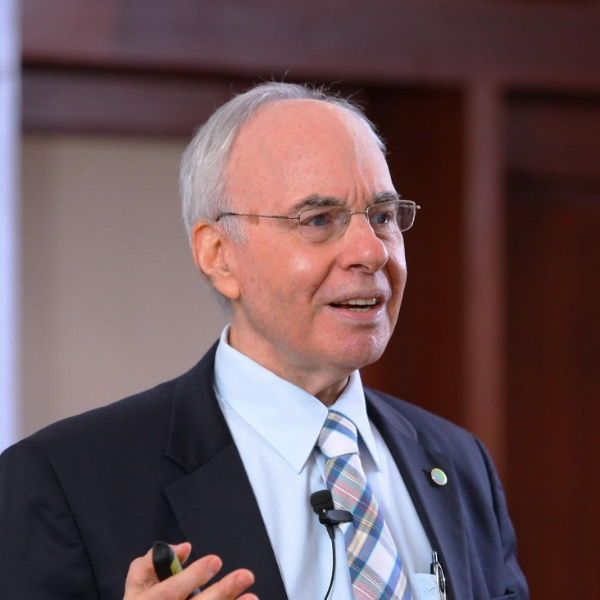
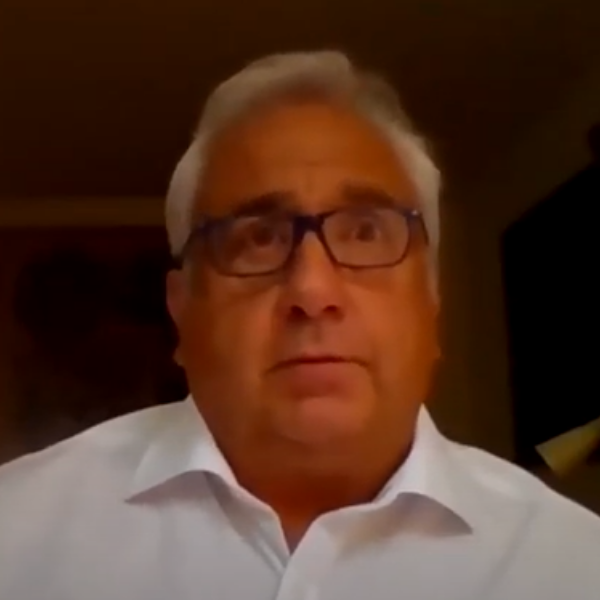
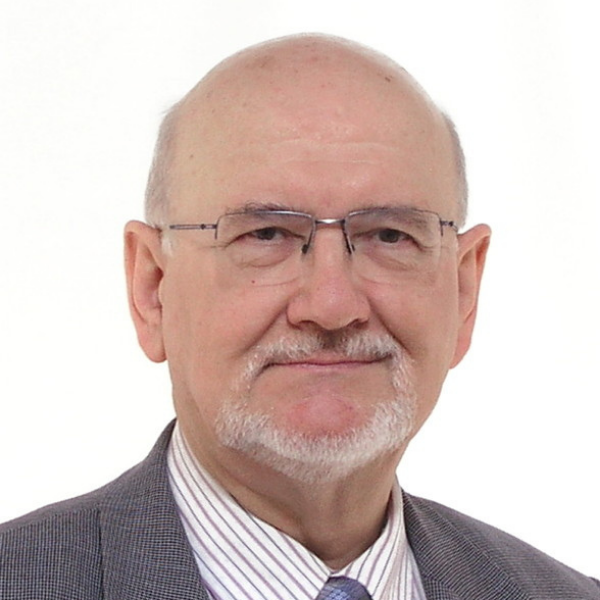
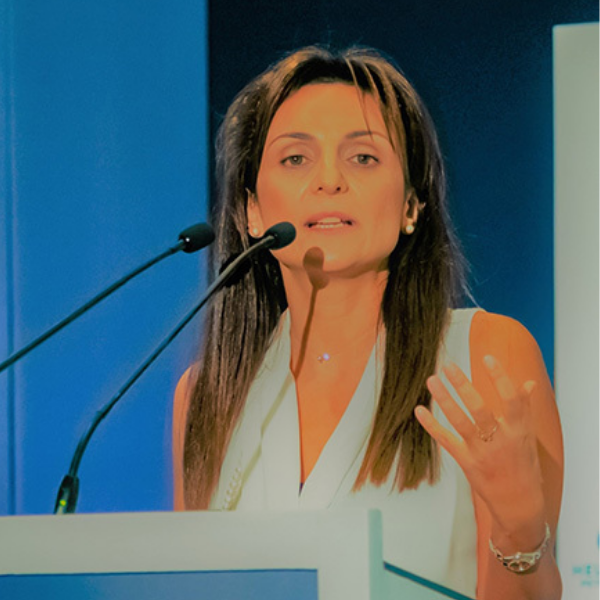
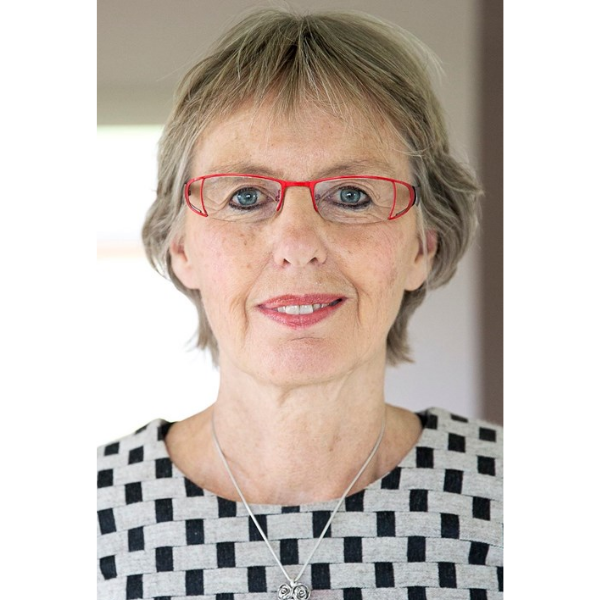
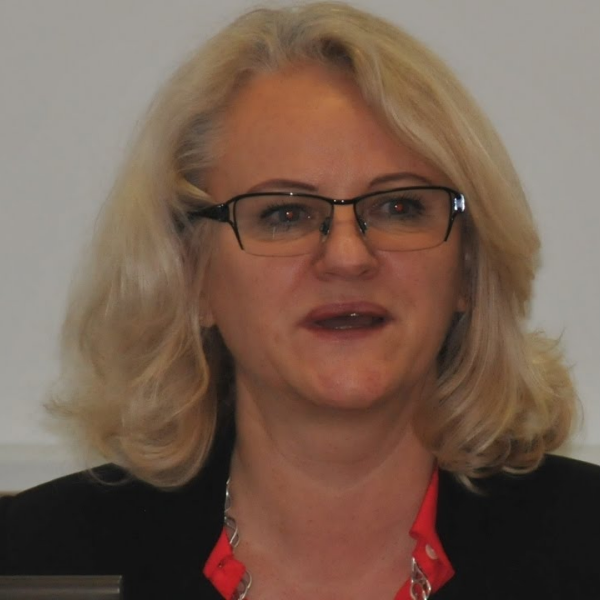
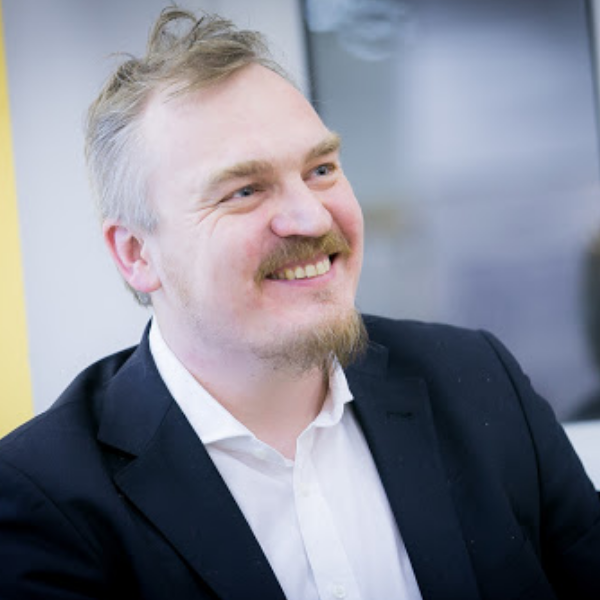
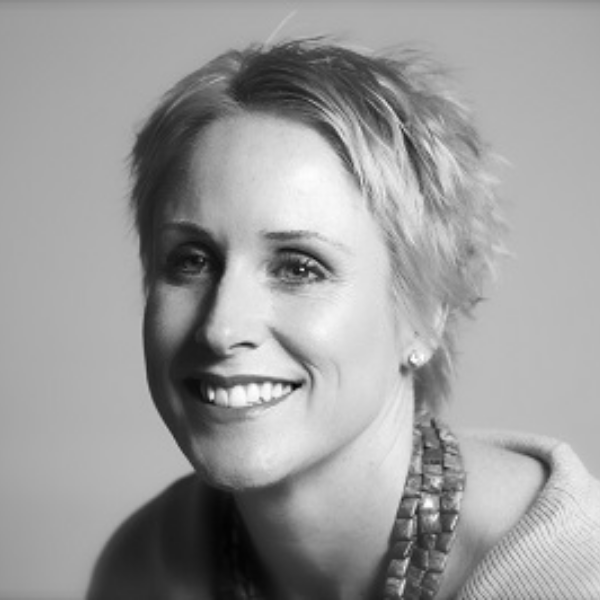
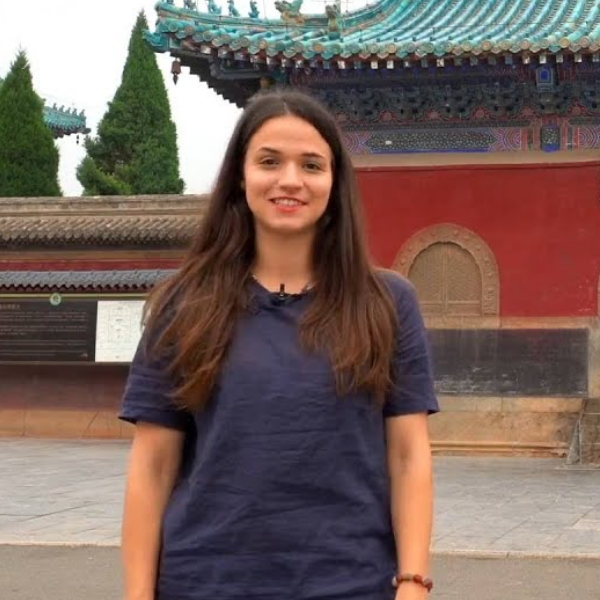
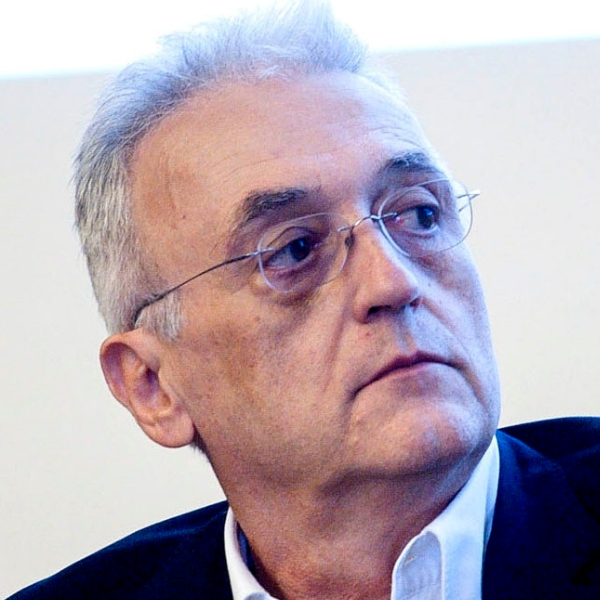
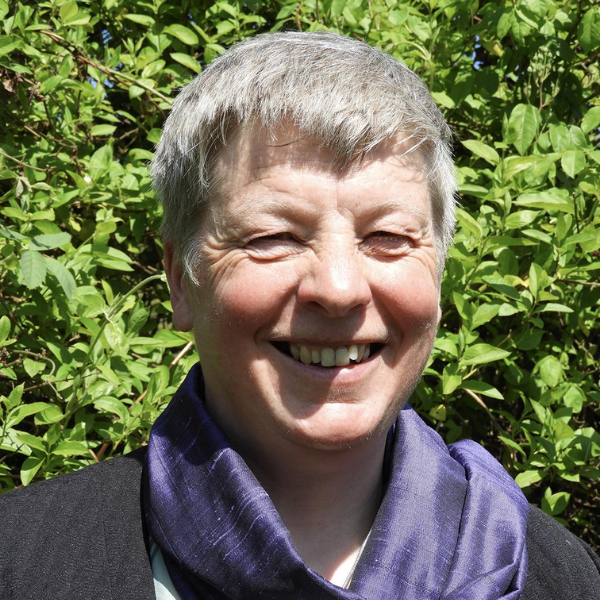
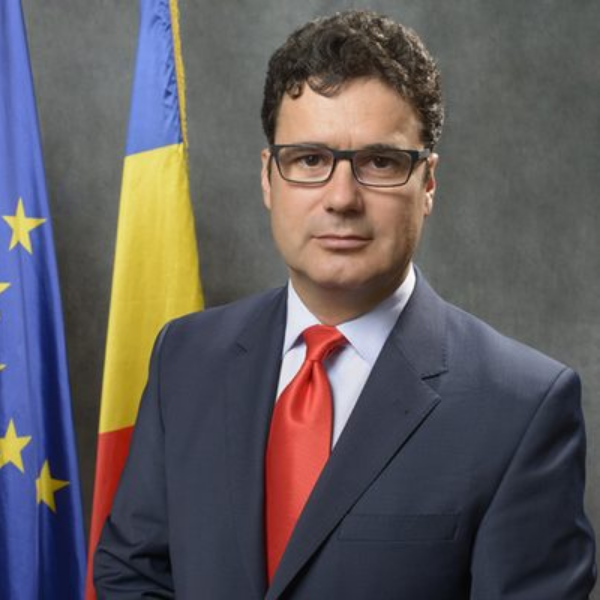
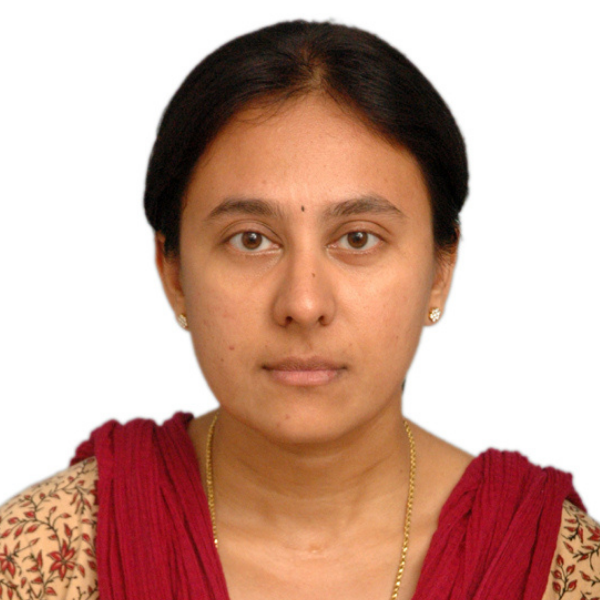
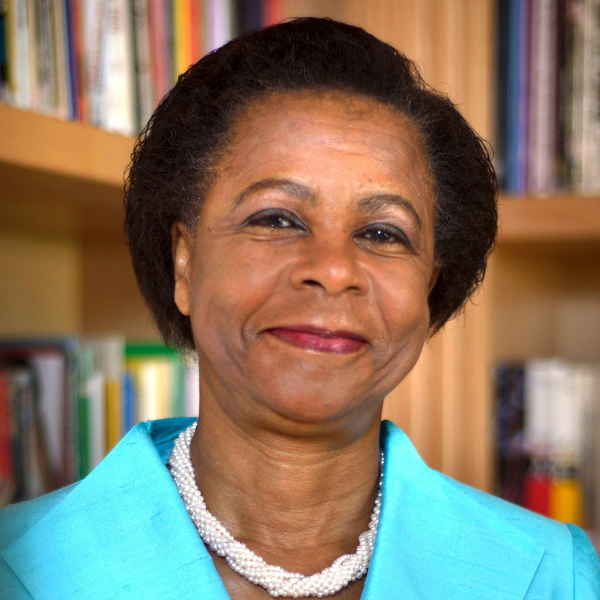
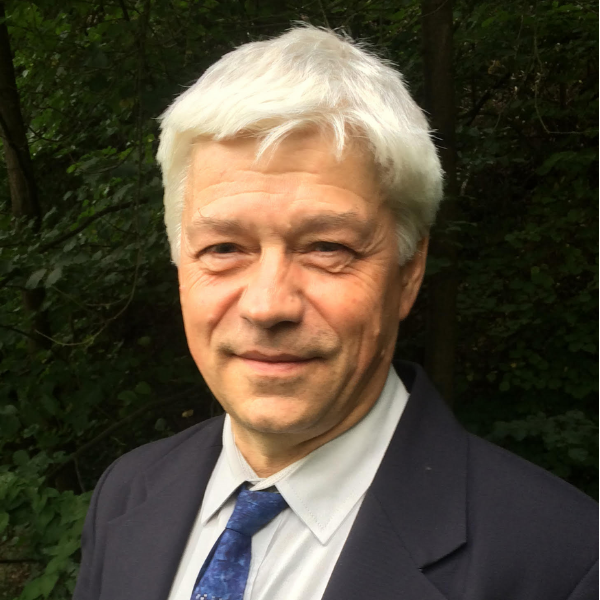
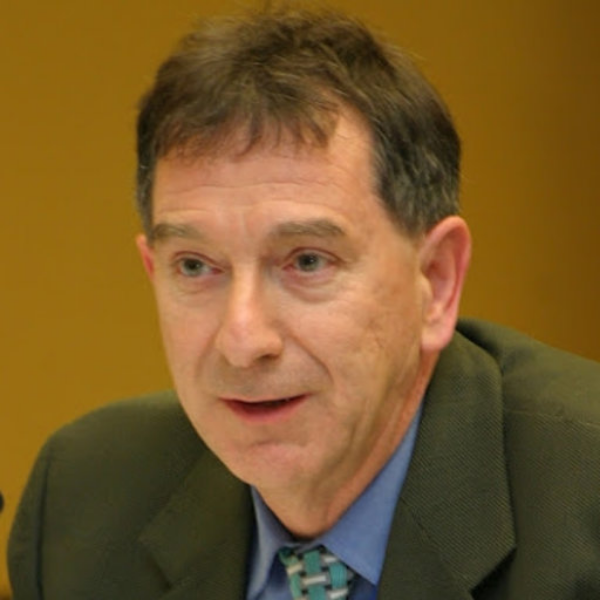
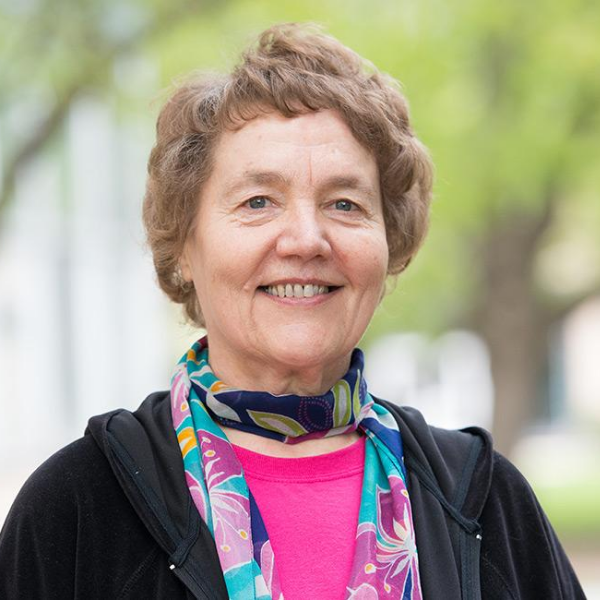
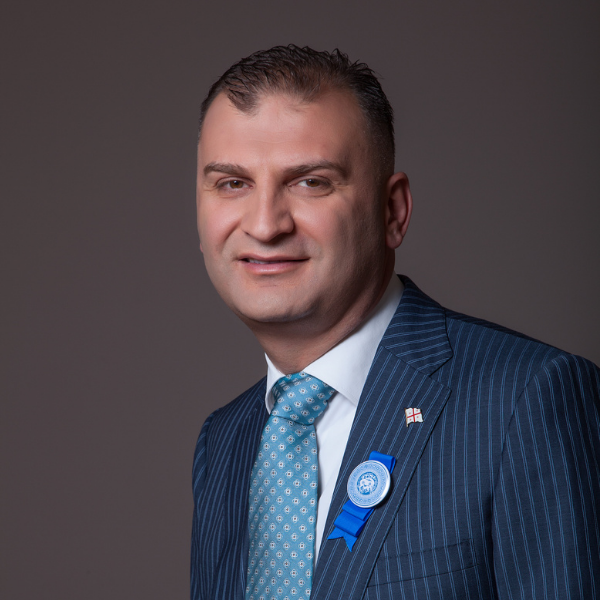
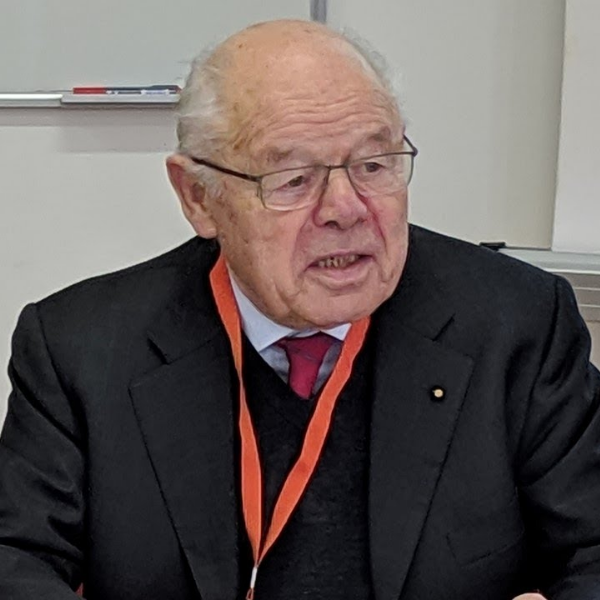
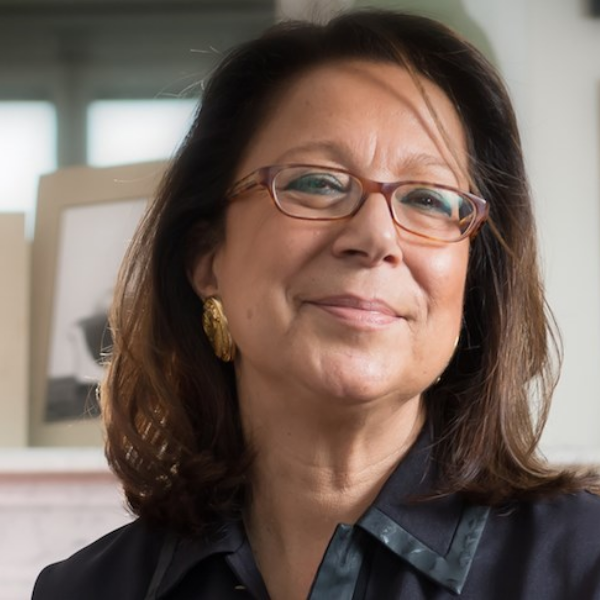
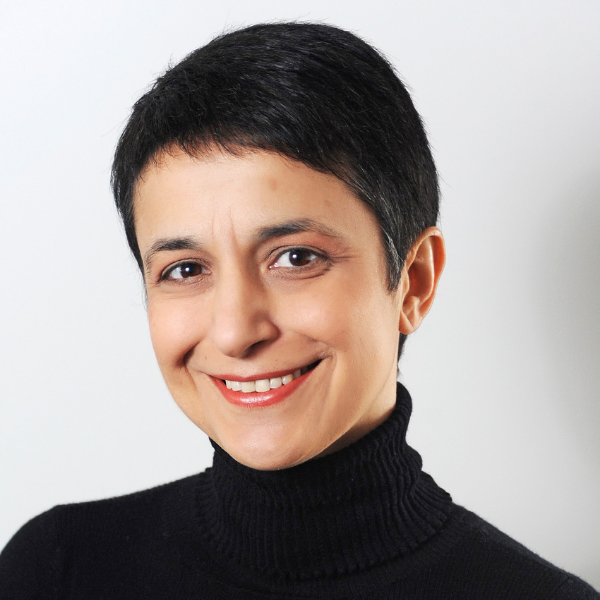
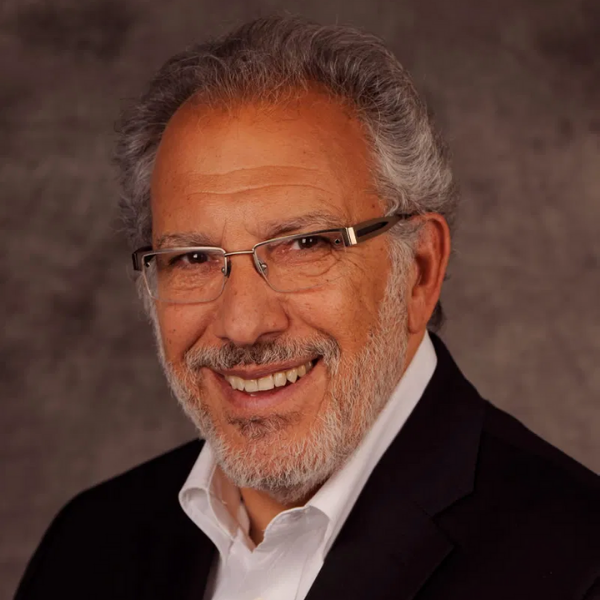
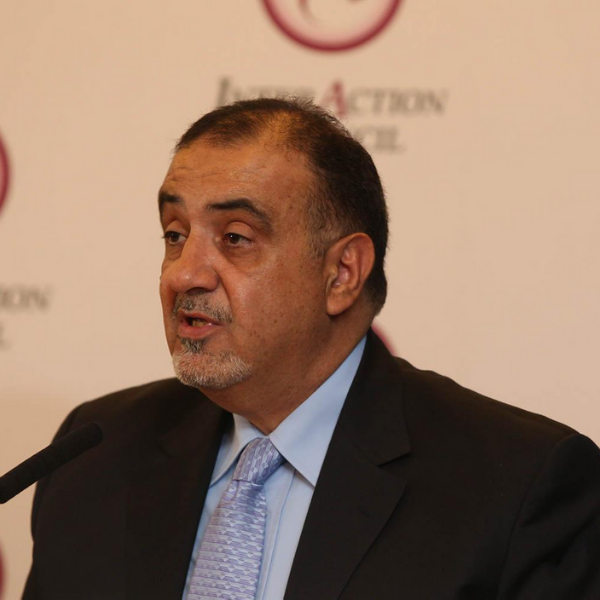
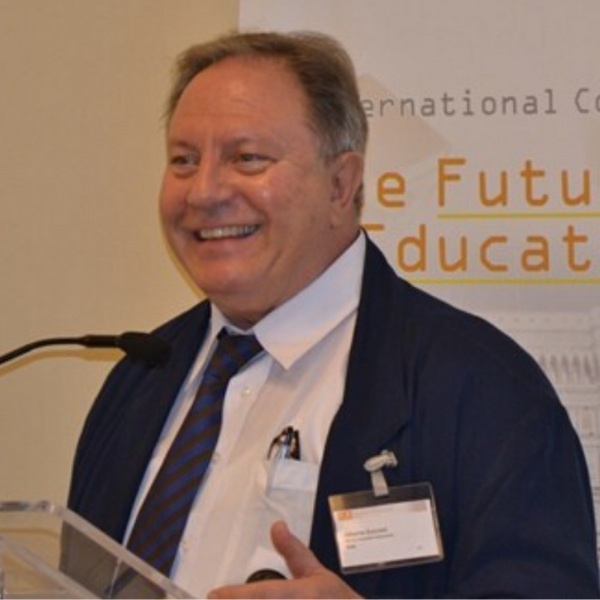

Pilar Alvarez Laso

Assistant Director General of UNESCO for Human and Social Sciences (2010-2013); Head of UNESCO in Haiti and Uzbekistan
Pilar Álvarez Laso is the former Director of the Office of the United Nations Educational, Scientific and Cultural Organization (UNESCO) in Costa Rica. Previously, she served as Project Director of the Latin American Institute of Educational Communication (ILCE) and has held various positions -among them general coordinator communication director- of the ILCE / EDUSAT Channel. She was director of information for the National Coordination of Social Communication at the Federal Electoral Institute (IFE) and collaborated as a media and public opinion advisor for the Electoral Institute of the State of Mexico.
Throughout her journalistic career, she has been a collaborator and correspondent for El Despertador, director of outreach and host of Televisión Proyecto 40, collaborator, reporter and correspondent of El Universal, editorial director and host of Corporación de Noticias e Información (CNI) Channel 40 , co-host of Radio Fórmula and Telefórmula, coordinator, host and reporter of the Instituto Mexicano de Televisión, as well as host and reporter for media such as Free-Lance, Radio Educación and Radio Tecnológico. She has also worked as a researcher at the General Directorate of Radio, Television and Cinematography (RTC), at the Mexican Institute of Social Studies, at CINCO-ZIMAT – Communication Research Consultants and at the Ministry of Fisheries. He has been a teacher at the ILCE and the Intercontinental University.
Carlos Alvarez Pereira
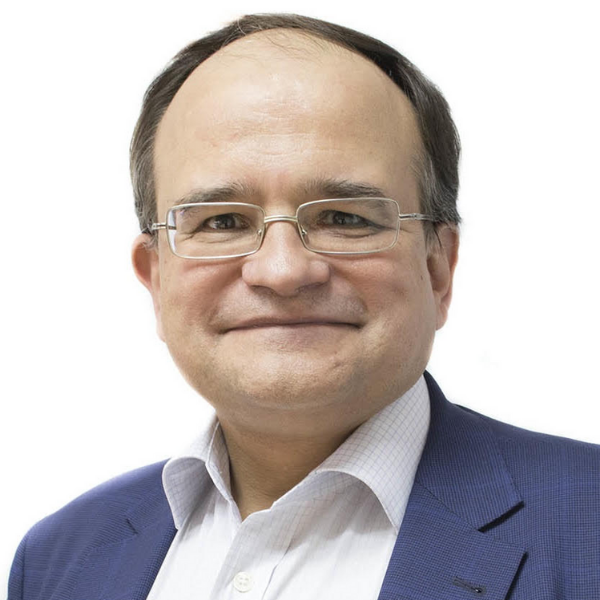
Executive Committee member, Club of Rome; FWAAS
Previously a researcher in systems dynamics and entrepreneur in the digital sector, Carlos Alvarez Pereira promotes the emergence of a civilizational shift towards equitable wellbeing within a healthy biosphere. He is member of the Executive Committee of the Club of Rome, where he co-leads the initiatives on Emerging New Civilization(s) and Intergenerational Dialogues. He keeps doing research in complexity thinking and the transformation of knowledge and innovation to respond to the existential needs of the 21st century.
He is also member of the Advisory Board of the International Bateson Institute and fellow of the World Academy of Art and Science (WAAS). He has been a lecturer and researcher at the Polytechnic University of Madrid (UPM), founder and manager during more than 20 years of several consulting companies in Spain, Switzerland, France and Germany, and founder of a non-profit research institution devoted to collaborative projects in the domains of complex systems and AI. He is is now leading a new initiative of the Club of Rome called The Fifth Element, to develop new ways of learning based on the principle “Life for learning, learning for life”.
Lene-Rachel Andersen

Author, Publisher & Economist; Member, Club of Rome
Danish author, indie publisher, economist, futurist, and philosopher. Lene Rachel was born and raised in Taastrup, a suburb west of Copenhagen, Denmark. Her first books were the series Baade-Og, her latest books are The Nordic Secret (2017), Metamodernity (2019) and Bildung (2020). In 2018, Andersen co-founded the Copenhagen based think-tank Nordic Bildung and the folk-Bildung association Fremvirke. In 2019, she was the main initiator of European Bildung Day and in 2020 the co-founder of the European Bildung Network. Since January 2019, Andersen has been a member of the Club of Rome.
Kehkashan Basu

Founder & President, Green Hope Foundation
Iconic youth leader, global influencer, environmentalist, champion of children’s rights, a Forbes 30 Under 30, TEDx speaker, Climate Reality Mentor, author, musician, peace and sustainability campaigner and a passionate advocate of women’s rights, Kehkashan Basu is a trail blazer who has been challenging the status quo and breaking social strictures and taboos which impede the progress and rights of future generations.
Winner of the 2016 International Children’s Peace Prize for her work on children’s rights and the environment, and the first-ever Voices Youth Gorbachev-Schultz Legacy Award for her work on nuclear disarmament, Kehkashan is a tireless advocate for the UN Sustainable Development Goals. She is a United Nations Human Rights Champion, National Geographic Young Explorer and the youngest ever Global Coordinator for the UN Environment Program’s Major Group for Children & Youth. She was named the youngest recipient of Canada’s Top25 Women of Influence, one of Canada’s Top 100 Most Powerful Women and is the Council Lead of the Toronto-St. Paul’s Constituency Youth Council.
Kehkashan is the Founder President of the social innovation enterprise Green Hope Foundation, which provides young people in 25 countries a networking platform to engage in the sustainable development process and take actions to mitigate climate change. Her internationally acclaimed work on sustainability has resulted in her being named one of the Top 100 SDG Leaders in the world and one of the Top 100 Most Powerful Women in Canada. She is the youngest member of Canada’s Women in Renewable Energy forum and the youngest Councillor of World Future Council. She has just been elected to the Board of Trustees of the Parliament of the World’s Religions, making her, at 20 years old, its youngest trustee in its 127-year history.
Kehkashan is a 2020 L’Oreal Paris Women of Worth Honouree, and the recipient of the 2019 Innovator of the Year Award for Sustainability Education, the John Muir Conservation Award for Habitat Restoration, the Energy Globe Award, the Turner Prize for Social Change and the Women Super Achiever Award. A powerful voice for future generations, she has spoken at over 200 United Nations and other global fora across 25 countries.
Olivia Bina

Principal Researcher, University of Lisbon; FWAAS
Olivia Bina’s research explores the (un)sustainability of our socio-economic and socio-technical models and their effect on life, working through the lens of ecological economics, environmental governance, sustainable futures and transition/transformation theories. The general idea is to assist in the search for worldviews and pathways that can balance our dependence on ‘ever smarter’ growth and technology with a rediscovery of the unlimited potential of prosperous human-other-than-nature connectedness. She is Principal Researcher at the Institute of Social Sciences University of Lisbon, Fellow of the World Academy of Art and Science (WAAS), and Adjunct Assistant Professor at the Department of Geography and Resource Management, Chinese University of Hong Kong (CUHK).
Olivia Bina completed a PhD in Geography (2004) and a Master of Philosophy in Environment and Development (1993) at University of Cambridge Department of Geography. Earned a Laurea in Political Sciences (International Law) in 1991 by Università degli Studi di Milano Facoltà di Scienze Politiche Economiche e Sociali. Her experience: involved in European and Chinese research projects in environmental governance, assessment, foresight and sustainable urbanisation. Assisted governments (Chinese, Bolivian, Maltese, Chilean, Central American, & various European countries), and international organisations (European Commission, World Bank, ECMT/OECD, European Environment Agency) in capacity building, developing institutional procedures and methodologies for assessing transport infrastructure, development and spatial plans. Previously worked as consultant (ERM London) and NGO (RSPB UK). And, she loves trees, moon-rise, gardening and creating something from a lump of clay.
Howard Blumenthal

Founder, Kids on Earth; Producer, Reinventing School, University of Pennsylvania; Member, TJD
Howard Blumenthal is an American television and new media producer, author, educator, and executive. Born and raised in New York City and nearby suburbs, he is the son of author and Concentration producer Norm Blumenthal, and the grandson of radio and music retailer Harry Blumenthal. He is best known as the co-creator and producer of the Peabody Award winning PBS series, Where in the World Is Carmen Sandiego?
Zbigniew Bochniarz

Professor, Kozminski University, Warsaw, University of Washington & Harvard Business School, USA; Trustee, WAAS
Zbigniew Bochniarz joined the Evans School faculty as a visiting professor in 2007. His teaching and research focus on sustainable development, comparative environmental policies, microeconomics of competition, and sustainability assessment of the transformation processes in post-communist countries. He is the author, co-author and/or editor of over 100 publications, including 15 books published on three continents in 12 languages. Since 2005, Zbigniew has been an affiliate member of the Microeconomics of Competitiveness program at Harvard Business School. He has previously served as a visiting professor and senior fellow from 1986 to 2006 at the University of Minnesota’s Hubert H. Humphrey Institute of Public Affairs. He also served on the faculty at the Warsaw School of Economics from 1968 to 1985. He is the founder of the Center for Nations in Transition at the Humphrey Institute, which has initiated more than 20 projects raising $38 million and training 44,000 people in the countries of Bulgaria, Czech Republic, Hungary, Poland, Romania, Slovakia, and Ukraine. Zbigniew served as chairman of Environmental Partnership for Central Europe (Polish Chapter) Board of Trustees, honorary president of the ETP Foundation in Romania, and founding member of the ETP foundations in Bulgaria and Slovakia, the Center for Environmental Studies in Budapest, the Institute for Environmental Policy in Prague, the Institute for Sustainable Development in Warsaw, and the Energy Efficiency Foundation in Poland. Zbigniew holds a Ph.D. in Economics from the Warsaw School of Economics and honorary doctorate from the Miskolc University.
Irina Bokova

Director General, UNESCO (2009-2017)
Irina Bokova is a Bulgarian politician and former Director-General of UNESCO (2009–2017). During her political and diplomatic career in Bulgaria, she served, among others, two terms as a member of the National parliament, and deputy minister of foreign affairs and minister of foreign affairs ad interim under Prime Minister Zhan Videnov. She also served as Bulgaria’s ambassador to France and Monaco, and was Bulgaria’s Permanent Delegate to UNESCO. Bokova was also the personal representative of Bulgaria’s President to the Organisation internationale de la Francophonie (2005–2009).
On 15 November 2009, she took office as the ninth Director-General of UNESCO, marking two firsts: she became both the first female and the first Southeastern European to head the agency. At UNESCO, Bokova advocated for gender equality, improved education and preventing funding for terrorism, especially by enforcing the protection of intellectual goods. A firm opponent of racism and anti-Semitism, Director-General Bokova led UNESCO’s activities on Holocaust
Mariana Bozesan

International Full Member, Club of Rome; FWAAS
Dr. Bozesan is an award-winning integral investor and successful serial tech-entrepreneur leveraging exponentially growing technologies to accelerate the implementation of the UN SDGs within Planetary Boundaries by 2030. She is the author of numerous books including Integral Investing: From Profit to Prosperity, a 2020 Report to the Club of Rome and the World Academy of Art and Science (WAAS). The prominent alumna of KIT (Karlsruhe Institute of Technology) is also the recipient of the Golden Angelina Award, as Europe’s Female Angel Investor of 2019, conferred by BAND, the German Business Angel Network and BAE, Business Angels Europe. In 2017, she was also named Entrepreneur of the Year by EBAN, the European Business Angel Network. Mariana is full member of the prominent international Club of Rome and Fellow of the World Academy of Art and Science (WAAS). She has an outstanding track record as an integral investor by de-risking early-stage investments in exponential technologies using the Theta Model, which she architected based on Ken Wilber’s integral theory. Her investment portfolio includes more than 40 successful investments to date. As a serial entrepreneur, she is the founder of several organizations including AQAL Capital, AQAL AG, and the AQAL Foundation. Her Moonshot is the Investment Turnaround that she launched together with the co-presidents of the Club of Rome and other members and numerous like-minded investors. Educated at Stanford University and KIT (Karlsruhe Institute of Technology), Dr. Bozesan earned an MSc (Dipl.-Inform.) in Artificial Intelligence and Computer Science from KIT and a PhD in Psychology.
Oana-Elena Brânda

ISACCL Expert; AFWAAS
Oana Branda is Lecturer at the Faculty of Communication Studies and International Relations, Titu Maiorescu University, Bucharest.
Afua Bruce

Chief Program Officer, DataKind; AAAS If/Then Ambassador
Afua Bruce is the Chief Program Officer at DataKind, a global nonprofit that harnesses the power of data science and AI in the service of humanity. Afua leads DataKind’s product offerings, center of excellence, volunteer community, and chapter network to partner with social sector organizations. Prior to joining DataKind, Afua was the Director of Engineering for New America’s Public Interest Technology program. At New America, Afua oversaw projects in technology and policy to improve outcomes in criminal justice reform, foster care, immigration, the opioid epidemic, and more. She also supervised the Public Interest Technology University Network. Previously, she spent several years leading science and technology strategy and program management in the Federal government—as the Executive Director of the White House’s National Science and Technology Council and in a variety of positions at the FBI. Before joining the Federal government, she started her career as a software engineer at IBM. Afua holds a degree in Computer Engineering from Purdue University, and an MBA from the University of Michigan.
Umadevi Bux

MD, Co-Founder, Give Foundation Guyana; President, “THE” Society International Chapter-Guyana
Chantal-Line Carpentier

Chief, UN Conference on Trade & Development, New York; FWAAS
Chantal-Line Carpentier currently serves as Chief, United Nations Conference on Trade and Development (UNCTAD) New York office of the Secretary-General since 2014.
Previously, as Major Groups Coordinator for the UN Department of Economic and Social Affairs (UNDESA) Division for Sustainable Development, she facilitated the engagement of and consultation with worldwide non-State actors in the Sustainable Development Goals negotiations and the United Nations Rio+20 Conference. As Sustainable Development Officer for DESA (2007-2010), she served as focal point for food security, sustainable agriculture and sustainable consumption and production (SCP) where she successfully supported the negotiations of the 10 Year Framework of Program on SCP, now SDG12.
Prior to joining the United Nations, she served as Head, Environment, Economy and Trade Division of the North American Free Trade Agreement Commission for Environmental Cooperation (2000-2007), as Policy Analyst for the Wallace Institute for Alternative Agriculture (1998-2000) and as Postdoctoral fellow for the International Food Policy Research Institute (IFPRI) in the Brazilian Amazon (1996-1998).
Carpentier has consulted to the United Nations Development Programme, the World Bank, and the Organization for Economic Co-operation and Development. She was chosen for the Ideagen 2016 and 2020 “100 Individuals and Organization empowering women and girl”, is a 2006 Yale World Fellow and a United Nations Environment Programme Who’s Who’s of Women and the Environment. She has co-authored a book on Ethical Investing and regularly publishes journal articles, book chapters and Secretary-General reports.
Carpentier obtained her PhD. in Agricultural and Environmental Economics from Virginia Polytechnic Institute and State University, as well as both her MSc. and BSc. in Agriculture Economics from McGill University.
Emil Constantinescu

President of Romania (1996-2000); President, Institute for Advanced Studies in Levant Culture and Civilization; Trustee, WAAS
Emil Constantinescu is currently professor at the Bucharest University Doctoral School and was Romanian President from 1996 to 2000.
From 1966, he was assistant, lecturer, at the Faculty of Geology at the University of Bucharest. He is author of 12 specialty books. He published over 60 studies in the most important scientific magazines from Romania and abroad.
Within his civic activities, he engages in the effort to set up the democracy in Romania, to defend human fundamental rights and freedom, and in building the civil society. Proposed by the University Solidarity and the Civic Alliance, as unique candidate of the RDC for the presidential elections in 1992. After this first political experience, the Democratic Convention elected him as its president. Their party won in 1996 the local and parliamentary elections and Emil Constantinescu was elected through direct vote President of Romania on a four-year term. During his presidential mandate (1996-2000) Romania has engaged in a large-scale process of reform in economy, justice and administration. He opened the crucial way for Romania towards NATO and EU.
Later, Emil Constantinescu resumed his academic career and made further steps to consolidate the nongovernmental organizations role. He launched the XXI European Generation Forum and founded the Romanian Academic Forum. In 2008 founded the New Democracies Forum. He is awarded several prizes, among others the Prize of Romanian Academy; Palmas Academicas; Golden and Honorific medals from Comenius University in Bratislava. He was president of the international commission for supervising the parliamentary elections (2001) and presidential elections (2007) in Senegal and of the parliamentary elections in Tunisia (2011).
He graduated in judicial studies from the Law Faculty of the University of Bucharest and is assigned as probationer judge at Pitesti Local Court. The political climate forced him to attend the courses of the Geology. He became a doctor in Geology from the University of Bucharest; Doctor ès Sciences from the Duke University, USA.
Frank Dixon

Founder, Global System Change; FWAAS
Frank Dixon established Global System Change in 2005 when he recognized that system change would become the dominant sustainability issue of the 21st Century. His experience as the Managing Director of Research for the largest ESG research company (Innovest) and sustainability advisor to Walmart and other organizations showed that flawed economic and political systems compel all companies to degrade the environment and society. He conducted several years of multidisciplinary research to produce a true whole system approach to sustainability (described in the Global System Change books). The approach provides practical system change strategies for all major areas of society. In the corporate and financial sectors, System Change Investing represents the most advanced and effective sustainability strategy. Frank Dixon advises businesses, investors and governments on sustainability and system change. He has presented at many corporate and financial sector conferences around the world, as well as leading universities, including Harvard, Yale, Stanford, MIT and Cambridge. Frank Dixon is a Fellow of the World Academy of Art and Science. He has an MBA from the Harvard Business School.
Piero Dominici

Scientific Director, International Research and Education Programme on Human Complex Systems; AFWAAS
Prof. Piero Dominici, Associate Fellow of the World Academy of Art & Science, PhD in Social Theory and Research (Sapienza University of Rome), teaches Sociology of Social Complexity and Intelligence, Networks, and Complex Systems at the University of Perugia.
He currently performs activities of research, education and consulting for public and private organizations, and has coordinated projects of national and international renown. As scientific researcher, educator, author and international speaker, his main areas of expertise and interest encompass (hyper)complexity, interconnectivity, interdisciplinarity and knowledge sharing in the fields of education, systems theory, technology, innovation, intelligence, security, citizenship and communication.
Member of the MIUR Register of Revisers, (Italian Ministry of Higher Education and Research), and of the WCSA (World Complexity Science Academy), he is also standing member of several of prestigious national and international scientific committees. He has participated as a speaker to national and international conferences, and he is the author of numerous essays, scientific articles and books.
He has a Ph.D. in “Social Theory and Research“ at the University of Rome “La Sapienza” and, in the past, he won a Post-Doc Fellowships at the Department of Mechanical and Industrial Engineering of the University of Roma Tre.
Fadwa El Guindi

Retiree Anthropologist at the University of California, Los Angeles; Trustee, WAAS; Member, TJD
Dr. Fadwa El Guindi, Retiree UCLA, former Distinguished Professor at Qatar University, graduated from the American University in Cairo, BA, Cum Laude, in 1960, and, in 2017, was its selected honoree as a Distinguished Alumna. She holds a Ph.D. in 4-field anthropology from the University of Texas in Austin (1972). El Guindi had joined the Social Research Center (AUC), and its research team on the Ford Foundation-funded Nubian Research Project.
El Guindi’s analysis of her data attracted the attention of eminent US anthropologists leading to a limited scholarship to the US to pursue her doctorate. At UT, Austin, she followed her ‘love’ of anthropology conducting field research in Oaxaca, Mexico, for 23 months of total immersion throughout the period of more than 12 years.
She resigned from the SRC to accept her first faculty position at UCLA. Her fieldwork experience spans three cultural regions: Nubia, the Zapotec, and the Arabian Gulf. She has published 8 academic books, 3 award-winning visual ethnographies, and more than 140 research articles, many in high impact factor scientific journals, and public Op-Ed pieces in major venues. She was interviewed globally and is the recipient of many awards and honors. Her expertise on the Middle East brought her to the Clinton White House, and she frequently gave lectures to diplomats assigned to the Middle East at the Foreign Service Institute of the US Department of State. Her publications appeared in English, Arabic, French, Russian, Spanish, Italian, German, and Indonesian. She is elected Trustee at the World Academy of Art & Science and Research Expert Consultant at Qatar National Research Fund.
Maria Espinosa

President, 73rd UN General Assembly, Ecuador; FWAAS
Ecuadorian scholar, diplomat and politician. Ms. Espinosa has held several leadership positions serving as Minister of Foreign Affairs, of Defense, and of Cultural and Natural Heritage. She was the first female Ambassador of Ecuador to the United Nations in New York and in Geneva.
Most recently, she served as the President of the United Nations General Assembly, becoming the fourth woman in history and the first from Latin America and the Caribbean to preside over this body.
Ms. Espinosa is an expert in international affairs and multilateralism, defense and security, sustainable development, climate change, gender equality and indigenous peoples’ rights.
She is currently member of The Lancet COVID-19 Commission; Co-Chair of the Independent Commission on Multilateral Approaches to Pandemics, Security, and Sustainable Development – COMPASS – at the International Peace Institute; Councilor of the World Future Council; member of the multi-Stakeholder Steering Committee of the Generation Equality, the Beijing + 25 process and the Generation Equality Forum; member of the Political Advisory Panel of the Universal Health Coverage 2030 Movement, UHC2030; member of the Group of Women Leaders for Change and inclusion, GWL; member of the Strategic Committee of the SDSN Science Panel for the Amazon, SPA; member of the High-Level Advisory Council for the United Nations Alliance of Civilizations, UNAOC; and Founding Member of the Centre for UN Studies at the University of Buckingham.
M. Espinosa acts as a Goodwill Ambassador for the Latin American and Caribbean Fund for the Development of Indigenous Peoples, FILAC and for Common Home of Humanity.
Rodolfo Fiorini

Emeritus Professor, Politecnico di Milano University; Trustee, WAAS
Prof. Rodolfo A. Fiorini’s interests within WAAS focus on global leadership education for human security and safety, environmental, sustainable, economic, and social responsibility problems. His teaching and research are centred on sustainable development, comparative environmental policies, competition and cooperation, multilateral systems, and sustainability assessment of the transformation processes. He is Emeritus Professor at Politecnico di Milano University, Milano, Italy, and received his Ph.D. in Energetics (Economy of Energy) in 1984 and in Bioengineering in 1989. He is the founder and scientific director of the Research Group on “Computational Information Conservation Theory” (CICT). Since 2009, he has been responsible for teaching courses on personal and social wellbeing. He is the author, co-author and/or editor of over 400 national and international publications and presentations, including several books. Currently, he is devoted to chairing and organizing international conferences, working groups, meetings etc., for cultivating young minds to be ready for the transformation to the incoming wellbeing society.
Main interests include complex systems science; global arbitrary multiscale system science (GAMSS); quantum field arithmetic theory; quantum resonance; quantum entanglement; deep learning; machine learning; collaborative innovation; cooperative intelligence; artificial intelligence; natural stupidity; social sciences; neuroscience; cognitive systems; brain-computer interface; hybrid reality; digital twin; phygital ecosystem; systems thinking; autonomous system; symbiotic system science, human-centered symbiotic systems science. Prof. R. A. Fiorini is a member of theWAAS Board of Trustees, IEEE, EMB, AAAS, and an JTiBS Editorial Board Member.
Jonathan Granoff

President, Global Security Institute; FWAAS
Mr. Granoff is the President of the Global Security Institute.
He is an attorney, author and international advocate emphasizing the legal and ethical dimensions of human development and security, with a specific focus on advancing the rule of law to address international security and the threats posed by nuclear weapons.
He serves on numerous governing and advisory boards including: Lawyers Committee on Nuclear Policy, Fortune Forum, Jane Goodall Institute, the NGO Committee on Disarmament, Peace and Security, Parliamentarians for Nuclear Nonproliferation and Disarmament, and Middle Powers Initiative. He is a recipient of the Rutgers University School of Law’s Arthur E. Armitage Distinguished Alumni Award and a 2014 nominee for the Nobel Peace Prize. He is the Senior Advisor and United Nations Representative of the Permanent Secretariat of the World Summits of Nobel Peace Laureates, Ambassador for Peace, Security and Nuclear Disarmament of the Parliament of the World’s Religions, former Adjunct Professor of International Law at Widener University School of Law, and Chair of the Task Force on Nuclear Non-proliferation and Advisor to the Committee on National Security of the International Law Section of the American Bar Association.
Mr. Granoff is the award-winning screenwriter of The Constitution: The Document that Created a Nation and a prolific author. He has been a featured guest and expert commentator on numerous radio and television programs and has presented expert testimony in the Parliaments of Canada and the United Kingdom as well as the US Congress and the United Nations.
Mr. Granoff earned his BA (cum laude) from Vassar College and his Juris Doctorate from Rutgers University School of Law.
Ameenah Gurib-Fakim

President of Mauritius (2015-2018)
Ameenah Gurib-Fakim has been: Managing Director of CIDP R and I; Professor at the University of Mauritius where she served successively as Dean and Pro Vice Chancellor and manager at the Mauritius Research Council.
She earned a BSc Chemistry – Uni. Surrey (1983), PhD – Uni Exeter, UK (1987). Recipient of 5 DSc, she has authored books and articles in the field of sustainable development.
Elevated Chevalier L’Ordre des Palmes Academiques, Government of France in 2010. She received: l’Oreal- UNESCO Prize for Women in Science (2007), the African Union Commission Award for Women in Science (2009). On 05 June 2015, she was sworn in as the 6th President and the First Female President of the Republic of Mauritius until 2018. Elevated to the Order of CSK and GCSK (GoM), she received, inter alia: Legion d’Honneur,
Government of France (2016); Order of St George, Semperopernball, Dresden, Germany; ‘Trailblazing award for political leadership’ by World Women Leaders Council, Iceland (2019). In June 2016, she was in the Forbes List for the 100 ‘Most Powerful women in the world’, 1st among Top 100 Women in Africa Forbes List 2017, 2019. Honoured as one of Foreign Policy’s 2015 Global Thinkers and Honorary President of the International Engineering & Technology Institute (2020).
In 2019, she received the ‘Trailblazing award for political leadership’ by the World Women Leaders Council in Iceland. In 2020, she was elected Honorary President of the International and Engineering Institute and received their 2020 5th IETI Annual Scientific Award. She also received the IAS-COMSTECH Ibrahim Memorial Award from the WIAS in Jordan.
In June 2016, she was in the Forbes List for the 100 ‘Most Powerful women in the world’ and 1st among the Top 100 Women in Africa Forbes List 2017, 2019. She is honoured as one of Foreign Policy’s 2015 Global Thinkers.
Hazel Henderson

Founder, Ethical Markets Media, USA; FWAAS
Hazel Henderson is the founder of Ethical Markets Media, LLC and the creator and co-executive Producer of its TV series. She serves as an Honorary Judge of the Youth Citizen Entrepreneur award and the KATERVA Global Awards for Sustainability. She is an Honorary Member of the Club of Rome. She is a world-renowned futurist, evolutionary economist, a worldwide syndicated columnist, consultant on sustainable development, and author of several of The Axiom and Nautilus award-winning book Ethical Markets: Growing the Green Economy (2006).
Since becoming a full-time media executive in 2004, Hazel has held various board positions including Worldwatch Institute (1975-2001), Calvert Social Investment Fund (1982-2005), and other associations. She remains on the International Council of the Instituto Ethos de Empresas eResponsabilidade Social, Sao Paulo, Brasil and she is a Fellow of the World Business Academy. She co-edited, with Harlan Cleveland and Inge Kaul, The UN: Policy and Financing Alternatives, Elsevier Scientific, UK 1995 (US edition, 1996), and co-authored with Japanese Buddhist leader Daisaku Ikeda, Planetary Citizenship (2004). In addition, she held the Horace Albright Chair in Conservation at the University of California-Berkeley, and advised the U.S. Office of Technology Assessment, the National Academy of Engineering and the National Science Foundation from 1974 to 1980.
Hazel Hederson was awarded numerous prizes and honours, including: the 1996 Global Citizen Award. In 2007, she was elected a Fellow to Britain’s Royal Society of Arts, founded in 1754. In 2010, 2012, 2013 and 2014, she has been honoured as one of the “Top 100 Thought Leaders in Trustworthy Business Behaviour” by Trust Across America. In 2012, she was named to the Post Growth Institute (En)Rich List as a top 100 luminary inspiring global prosperity beyond economic wealth. In 2013, she was inducted into the International Society of Sustainability Professionals Hall of Fame.
She holds Honorary Doctor of Science degrees from the University of San Francisco; Soka University (Tokyo); Worcester Polytechnic Institute, Massachusetts (USA); and Wilson College, Pennsylvania (USA).
Sue Henderson

President, New Jersey City University
Dr. Sue Henderson has served as the 12th president of New Jersey City University since August 2012. Now in her ninth academic year in 2020-21 as the first female president in the institution’s more than 90-year history, since her arrival, she has accomplished a range of transformational initiatives to position NJCU as a game-changing force in a global landscape.
She established the NJCU School of Business and relocated it to a state-of-the-art facility in Jersey City’s financial district along the Hudson waterfront, while hiring its founding Dean and more than half of its faculty. During this time, more than five new academic programs, a new General Education program and an Honors Program were all developed.
Dr. Henderson spearheaded the implementation of a $400 million project to redevelop the institution’s West Campus into a modern urban village that will include student and residential housing, retail, restaurants, open spaces and a pedestrian-friendly layout to aesthetically and economically revitalize the region. A contemporary academic and performance space will serve as the new home to the internationally known Joffrey Ballet School.
Furthermore, Dr. Henderson ensured NJCU tuition and fees would remain among the lowest of all public four-year institutions in New Jersey, and implemented the NJCU Debt-Free Promise Program to make college education accessible and affordable.
A recipient of numerous awards for her work as an educator and administrator, she holds a Ph.D. in Higher Education from the University of Georgia, and bachelor’s and master’s degrees in math education from Georgia State University.
Erich Hoedl

Former Rector, Wuppertal University and The Graz University of Technology; WAAS Trustee
Erich Hoedl had his education in mathematics and economics in Paris and Vienna, Habilitation at Darmstadt University of Technology. He has been Visiting Scholar at Columbia University/New York (1973/74), Guest Professor at Heidelberg University and University of Vienna, Professor at Kassel University and Wuppertal University, since 2005 Emeritus. Rector of Wuppertal University (1991-99), Rector of Graz University of Technology (2000-03), Vice-President of European Academy of Sciences and Arts (2005-15) and is Trustee of World Academy of Art & Science. Since the 1970s he has been driving consultancies for the German Government, European Union and United Nations. Publication of a dozen books on political economy, economic policy and European Integration.
Garry Jacobs

President & CEO, World Academy of Art & Science
Mr. Jacobs is currently Chief Executive Officer of the World Academy of Art & Science (WAAS), USA.
Besides this position he is the Chairman of the Board and Chief Executive Officer of the World University Consortium (WUC), USA; President and Director of Social Science Research at The Mother’s Service Society, India; Distinguished Professor of Transdisciplinary Social Science at the Person-Centered Approach Institute, Italy; Editor of Cadmus Journal focusing on economy, security and governance; founder of Mira International, a management consultant to businesses in Europe, North America and Asia on strategic growth and profitability, Member of Club of Rome International (Switzerland); and Chairman of the advisory council of Global Institute of Integral Management Studies, India.
He is an American Social Scientist and management consultant focusing on new paradigm concepts and strategies in the fields of business, economy, education, governance and international security. The integrating theme in Jacobs’ research is the social and psychological process of growth and development as it expresses at the level of the individual, organization, nation and the global community.
In the 1970s, he started researching on the theory and practice of individual, organizational and social development. Long before criticism of the GDP became prevalent, he co-developed the Human Economic Welfare Index (HEWI) as an alternative, which incorporates socioeconomic indices. He was the co-founder of the International Commission on Peace & Food and co-authored a report to the UN on “Uncommon Opportunities: Agenda for Peace & Equitable Development”. As a management consultant, he has worked with major corporations in the US, Europe and India.
Donato Kiniger-Passigli

Vice President, World Academy of Art & Science
Donato Kiniger Passigli is Vice President of the World Academy of Art and Science (WAAS) and is the WAAS Representative to the UN in Geneva. He currently serves as Senior Advisor for Peace and Security at the United Nations Institute for Training and Research (UNITAR).
He is a journalist and a member of the Italian Press Federation. Donato is an expert in crisis resolution, development cooperation, public and labor affairs. Until recently, he coordinated the Fragile States and Disaster Response Group at the International Labour Organization (ILO). Donato specialized in promoting crisis response programs and initiatives in the wake of major humanitarian crises, addressing governance and employment deficits.
In his over 30 years at the United Nations, he was also a spokesperson for the UN Humanitarian Affairs Office (OCHA) and head of the Media and Public Affairs branch of the Hague-Based Organization for the Prohibition of Chemical Weapons (OPCW). Donato also served as chief of staff for the UN mission in Western Sahara and was head of external relations at the International Criminal Tribunal for Former-Yugoslavia and Rwanda. Previously, he acted as head of office in Belgrade for the UN peacekeeping mission and, as an economic affairs officer, managed large UN development programmes.
Donato specialized in humanitarian action and governance, conflict analysis, risk management, disaster needs assessment, business continuity and partnership-building. He has authored articles, delivered lectures and training on the above subjects.
Witold Kinsner

Professor, University of Manitoba; FWAAS
Prof. Witold Kinsner’s interests within WAAS center around education for the next generation of new scientists, mathematicians, engineers, technologists, architects, artists, social scientists, health professionals, and others whose awareness and understanding of the current needs must be sufficient to make our planet sustainable and life meaningful. The transformation in education ought to consider preparation for multiple jobs and the ability not only to comprehend the tsunami of data, information, knowledge, but also the ability to cooperate in a transdisciplinary environment. WAAS and other organizations are critical to foster the development of those approaches.
He is a Professor at the Department of Electrical and Computer Engineering, University of Manitoba, Winnipeg, Canada, and received his Ph.D. in Electrical and Computer Engineering from MacMaster University in 1974. He was an Assistant Professor in the Department of Electrical and Computer Engineering, McGill University, Montreal, and Director of Research in the Industrial Applications of Microelectronics Centre at the University of Manitoba.
His research focuses on robust real-time algorithms and software/hardware computing engines for signal and data compression in cognitive machines and systems. Of particular interest are multiscale and polyscale complexity metrics in dynamical systems and new computing engines for cognitive systems, with applications to areas such as computer, electrical, biomedical, aerospace, and security.
He has authored and co-authored over 810 publications in the above areas, as well as supervised 80 Master’s and Doctorate graduate students, over 210 undergraduate final-year thesis/capstone project students, and mentored over 40 summer research students. He taught over 150 undergraduate and graduate courses, and has been involved in STEM outreach to young and indigenous students for many years.
Since 1971, he has been very active at all the IEEE levels: Region 7 (IEEE Canada), Council, Section, Chapter, and Student Branch. He was elected IEEE Canada President Elect 2014-2015, IEEE Director Elect (Region 7) 2014-2015, IEEE Canada President/Director 2016-2017, Past President 2018-19, and IEEE Educational Activities Vice President, 2018-19. He has been an Editor and Member of Editorial Boards of several journals. He is a Fellow of the Engineering Institute of Canada (FEIC), a Fellow of Engineers Canada (FEC), a Fellow of the Canadian Academy of Engineering (CAE), a Fellow of the World Academy of Art and Science (WAAS), a Life Senior Member of the Institute of Electrical & Electronics Engineers (IEEE), a member of the Association of Computing Machinery (ACM), the American Association for the Advancement of Science (AAAS), the Engineers Geoscientists Manitoba (APEGM), and a member of other societies.
Phoebe Koundouri

President, European Association of Environmental and Resource Economists; FWAAS
Ms. Koundouri is a Professor (Chair) of Sustainable Development (Economics and Econometrics) at the School of Economics, Athens University of Economics and Business (Greece) and the elected President of the European Association of Environmental and Natural Resource Economists (EAERE).
Prof. Phoebe Koundouri is also the Founder and Scientific Director of the Research laboratory on Socio-Economic and Environmental Sustainability (ReSEES) at the Athens University of Economics and Business and an affiliated Professor at the ATHENA Research and Innovation Center (Greece) where she directs EIT Climate-KIC Hub Greece of the European Institute of Innovation and Technology. She is also the co-chair of the United Nations Sustainable Development Network Greece (UN SDSN Greece), chair of the Scientific Advisory Board of the International Centre for Research on the Environment and the Economy (ICRE8) and chair of the scientific advisory board of the European Forest Institute.
Professor Koundouri held academic positions at the University of Cambridge, University College London, the University of Reading and the London School of Economics. She acts as an advisor to numerous national and international foundations and organizations, as well as national governments. Currently, Ms. Koundouri is a member of the drafting PR ministerial Committee for the 10-year development plan for Greece. She holds, inter alia, a global leadership role in the UN SDSN for European Green Deal (EGD) implementation and is leader (together with Prof. Jeffrey Sachs) of the Senior Working Group on Transformation Pathways for the implementation of EGD. She is also a Commissioner of the New Lancet Commission on COVID-19 of the Lancet and the Sustainable Development Institute at the University of Columbia.
Prof. Koundouri is listed in the 1% of most-cited women economists in the world. She holds a PhD and MPhil in Economics and Econometrics from the University of Cambridge (UK).
Petra Kuenkel

Member, Executive Committee, Club of Rome
Petra Kuenkel is a Member of the Executive Committee of International Club of Rome and the Founder of the Collective Leadership Institute, a Germany and South Africa based social enterprise building collaboration competency for transformative change towards world sustainability. As a seasoned systems scientist, visionary author and expert in complex multi-stakeholder settings she promotes systems transformations by scaling-up collective stewardship skills for decision-makers from corporations, public sector and civil society. With her educational background in change management, organizational psychology and political science she has profound international experiences in corporate change, development cooperation and policy implementation. She is a leading strategic advisor to pioneering international initiatives that tackle sustainability challenges. Based on successful transformation processes, she developed the dialogic change methodology and the Collective Leadership Compass, a guiding tool for navigating change in complex multi-actor settings. Dr. Kuenkel’s ground-breaking publication The Art of Leading Collectively received international attention; her writings have appeared in numerous professional journals as well as the Guardian and Huffington Post.
Grażyna Leśniak-Łebkowska

Professor, Warsaw School of Economics, Poland; AFWAAS
Grażyna Leśniak-Łebkowska is Associate professor of Warsaw School of Economics working in Collegium of Management and Finance, Institute of Management, Chair of Strategic Management. Main fields of research publications and teaching of undergraduate, graduate, PhD and post diploma management programs include: strengthening business contributions to sustainable development in CEE countries, strategic imagination in business, trust and social capital in strategic management, management in crisis situations, hidden champions in CEE countries, CSR, operations and project management. For 15 years she was director of Warsaw Executive Master of Business Administration joint program of Warsaw School of Economics and University of Minnesota Carlson School of Management. Portland State University study tour. Collaboration with European Academy of Business in Society (present ABiS).
She is also a Member of Global Executive Learning Net, a community of practice. She has been co-organizing executive learning programs for international corporations aimed at cross-cultural and cross-disciplinary learning (from 1992). She has participated in Global Forums of Executive Learning. One was recently organized in Warsaw. The Global Forum – Robert L. (Lex) Dilworth Award for Outstanding Achievement.
She has been Associate Fellow of the World Academy of Art and Science (WAAS) from 2015. She has contributed to the debates on future education (Rio), role of international institutions in reformulation of economic theory and policy to promote economic security, welfare and well-being (Paris), anticipation, agency and complexity (Rome), roundtables and webinars on mind, thinking and creativity, transforming the future of money, global governance challenges and opportunities (Dubrovnik). She has recently been working on a global leadership education program.
Pavel Luksha

Founder & Director, Global Education Futures Initiative; AFWAAS
Pavel Luksha (born in 1977) is a global thinker, change catalyst, and facilitator working with systemic social innovations in education, business, social entrepreneurship, culture, and urban development. Pavel is the founder of Global Education Futures initiative; he is Professor at Moscow School of Management SKOLKOVO and at the Technological Institute of Buenos Aires (ITBA), the Education Partner of Global Venture Alliance, and a cofounder of Weaver Labs, Voice of Youth initiative, and Living Cities movement. Pavel sits on the Supervisory boards of the University 20.35 and EcoClass, on the Advisory boards of Whittle Schools & Studios and Laszlo Institute for New Paradigm Research, and in the Expert Council of the Russian Agency for Strategic Initiatives.
He is the founding member of the UN Working Group on the Future of Capital, and the cofounder of Future Skills R&D Alliance of WorldSkills International. In 2015, he was the Chair of BRICS Skills Development Working Group, and is an expert of the International Labor organization on Lifelong Learning. He is the co-author of the Rapid Foresight methodology used by thousands of futurists and practitioners across the world, and in 2012-15 was the program director of a globally unique Foresight Fleet, and also cofounded “Boiling Point” future creation spaces (currently in 41 cities across Russia). In 2009-13, he worked in technology innovation management education, authored SkolkovoRosatom program that received EFMD Excellence in Practice Award, and co-founded Russian R&D Directors Club. He also initiated and catalyzed NeuroNet initiative which from 2014 has become the major Russian R&D+i consortium in brain research and neural technologies.
He is the lead author of numerous Global Education Futures reports, including “Educational Ecosystems for Societal Transformation” (2018), “Future Skills: How to Thrive in a New Complex World” (2017), “Global Education Futures Agenda” (2014) and the “Atlas of Emerging Jobs”, one of the most detailed global compendiums of new and emerging jobs works that have catalyzed systemic innovations in Russian education system and in several emerging economies.
Prior to his work in education, Pavel has spent 10+ years in corporate management, investment sector, professional services, and startups, working with strategy, business planning, and operations. He also pursued an academic research career in system sciences and evolutionary economics, working with the Institute of Economics in the Russian Academy of Sciences, The Higher School of Economics University, and the University of Hertfordshire in the UK.
Peta Milan

Director, Transcendent Media Capital; AFWAAS
Peta has spent the first 20 years of her career as an entrepreneur specialising in start-ups across industries such as transportation, tourism, management consulting and corporate strategy, technology and media. She is an international speaker, and award-winning filmmaker and has decades of experience in consulting and training leadership roles, with particular expertise in innovative business modelling and corporate strategy. She is now establishing a regenerative development fund for a venture studio, Transcendent Media Capital.
Marta Neskovic

Research Associate, Institute of Political Studies, Belgrade; JFWAAS
Marta Neskovic, PhD candidate in ethnology and anthropology at the University of Belgrade, studying the transmission of traditional kung fu knowledge in the contemporary Buddhist monastic setting of Shaolin Temple.
Nebojša Nešković

Secretary General, World Academy of Art & Science
Nebojša Nešković is a theoretical physicist also involved in accelerator technologies. Currently, he is Member of the National Council for Scientific and Technological Development of Serbia and Member of the Scientific Council of the Joint Institute for Nuclear Research, Dubna, Russia. Also, he is Trustee and Secretary General of the World Academy of Art and Science, Associate Member of the Club of Rome, and President of the Serbian Chapter of the Club of Rome.
He has been Director of the Laboratory of Physics of the Vinča Institute of Nuclear Sciences, Belgrade, Serbia, and Associate Director of the Vinča Institute responsible for making and implementing its long-range research program. He has also been Head of the TESLA Project, in the Vinča Institute, which comprised the construction and use of a large-scale facility for science and medicine with ion beams, and Director of the TESLA Scientific Center, an association of 15 scientific and educational institutions from South Eastern and Central Europe, whose joint program has been focused on science with accelerators and accelerator technologies.
Besides, he has been the main organizer of a number of international scientific meetings related to materials science, nanoscience, radiation research, biomedicine, nuclear physics, physics of elementary particles, nuclear medicine, sustainable development, future education, etc. He has authored or coauthored numerous scientific publications.
Joanna Nurse

Strategic Advisor, InterAction Council
As a strategic advisor to the InterAction Council – a group of 40 former Heads of Governments – Joanna Nurse scales up collaborative leadership and innovative solutions, from Pandemics to the Planetary Emergency, through digital transformation, to Secure a Healthy Planet for All. This builds upon Jo’s former roles in advancing Social Development across the 53 Commonwealth Countries with oversight of Ministerial conferences and events, by mobisiling resources, partners and digital solutions to enable governments to strengthen multi-sector systems and capacity for global security and sustainable development. From 2005 to 2014, as a senior policy lead for the UK government, Jo directed the development and delivery of evidence-based strategies to enhance wellbeing across the population. From 2010, drawing upon national roles on emergency preparedness, Jo worked for the United Nations, building capacity to address climate change risks and impacts with multi-sector strategies across Central Asia. As a leader in systems transformation, Jo drove the implementation of the WHO European Action Plan for Public Health Services and Capacity, by forging partnerships and multi-country networks across 53 countries; and applied this as a key architect of the World Federation of Public Health Associations Global Charter for the Public’s Health. With an earlier career of empowering communities in India, Mexico, Central America and Europe, and in 2003 working with the WHO in Geneva on equity mainstreaming and violence prevention, Jo initially qualified as a primary care physician specializing in public health, gained a Ph.D. in policy, holds visiting Professor roles, and is now an Advisor for the InterAction Council, and Director for the Platform for Planet, Place and People.
Remus Pricopie

President, World University Consortium; FWAAS
Remus Pricopie has been professor and Rector of the National University of Political Studies and Public Administration (SNSPA), Bucharest, since March 2012.
His activity within the Romanian Ministry began in 1996, and includes positions such as Spokesperson, Director, Secretary General and Deputy Minister (Secretary of State) for Higher Education, International Relations and Teacher Training. Also, he has extensively collaborated with many international organizations – UNESCO, UNICEF, EU, OECD, World Bank, United Nations University, Agence Universitaire de la Francophonie – and ministries of education / higher education and research from more than 100 countries. From December 2012 to December 2014 he served as Minister of Education and Research in Romania.
Prof. Pricopie holds a PhD in Political Science at the SNSPA and he is a Fulbright New Century Scholar alumnus, a World Academy of Art and Science Fellow, a member of the Romanian Chapter of the Club of Rome, and a member of the Atlantis Group.
Janani Ramanathan

Sr. Research Fellow, Mother’s Service Society, India; Trustee, WAAS
Janani Ramanathan is engaged in research in a range of topics spanning the social sciences. She has been working with educational institutions in India, implementing active, collaborative, person-centered and values-based education. She is engaged in an exploration of the relationship between literature, psychology, history and social development. This project is part of her larger career goal to evolve new criteria for literary criticism based on an understanding of the process of social evolution. She is also a management consultant to nonprofit and business organizations, implementing strategies to improve their efficiency and ensure sustainable growth.
Mamphela Ramphele

Co-President, Club of Rome; FWAAS
Dr. Mamphela Ramphele has had a celebrated career as an activist, medical doctor, academic, businesswoman and political thinker.
She is the author of several books and publications on socio-economic issues in South Africa.
Dr Ramphele is co founder of ReimagineSA and co president of The Club of Rome.
She has received numerous national and international awards acknowledging her scholarship and leading role in spearheading projects for marginalised people in South Africa and elsewhere.
Thomas Reuter

Professor, University of Melbourne, Australia; Trustee, WAAS
Prof. Dr. Thomas Reuter is a Professorial Fellow at the Asia Institute of the University of Melbourne (UoM) in Australia, but currently living in Germany and affiliated with the Southeast Asia Institute, University of Bonn. After obtaining his PhD from ANU in Australia in 1997, he taught at Heidelberg University in his native Germany, before taking up post-doctoral and QElI Fellowships at UoM, a Monash Research Fellowship at Monash University and an ARC Future Fellowship and professorship back at UoM. He was President of the Australian Anthropological Association (2002-2005) chair of the World Council of Anthropological Associations (2008-2012), Senior Vice-President of the International Union of Anthropological and Ethnological Sciences (2008-2018), a member of the executive of the International Social Science Council (2013-2018) and an expert advisor to IPBES and IPCC. He is a member of the board of Future Earth (Asia) and the World Academy of Art and Science (WAAS), and a fellow of the European Academy of Science (EASA) and Academia Europaea (EA). Research in Indonesia and beyond has focused on indigenous people, social movements, religion, political elites, ecology, climate change, food security and globalisation. Prof Reuter has published fifteen books and over 150 articles.
Neantro Saavedra-Rivano

Professor Emeritus, University of Tsukuba, Japan; FWAAS
Neantro Saavedra-Rivano is Professor Emeritus at the University of Tsukuba (Japan), Visiting Professor at the University of Brasilia (Brazil), and Fellow of the World Academy of Art and Science.
He got his PhD in Mathematics from the University of Paris (France) and PhD in Economics from Columbia University (New York). His research has developed in multiple areas, including Algebraic Geometry, Dynamical Systems, International Economics, Development Economics, and Mathematical Simulation Models.
He has published numerous books and articles in professional journals and presented scientific papers at international congresses in more than thirty countries on five continents, as well as providing consulting for international bodies such as the Organization of American States, the Economic Commission for Latin America, the World Bank, the Inter-American Development Bank, and the Asia Pacific Economic Cooperation Forum (APEC).
His professional activities have included teaching and research at universities and other academic institutions in Brazil, Chile, South Korea, Spain, the United States, Georgia, France, Japan and Venezuela. More recently, he was Director of the Master’s Program in Public and Economic Policy Management at the University of Tsukuba, Japan.
Ullica Segerstråle

Professor, Illinois Institute of Technology; FWAAS
Ullica Segerstrale is Professor of Sociology at Illinois Institute of Technology, Chicago. She has Masters degrees in organic chemistry and sociology from Helsinki University, a Masters in Communication from University of Pennsylvania, and a PhD in sociology from Harvard.
At Illinois Tech she has served as Chair of the Social Sciences Department and director of the Camras Scholars Program for outstanding students. Earlier positions include Acting Chair of Sociology at Abo Akademi University, Finland; Senior Researcher at the National Academy of Finland; Fellow of the Center for Interdisciplinary Research (ZIF) in Bielefeld, Germany; Visiting Professor of the Swiss Federal Institute of Technology (ETH) in Zurich, and Fulbright Fellow.
Segerstrale is a Fellow of WAAS, and a member of the European Academy of Sciences and Arts, and the Finnish Society of Sciences and Letters. Her research has been supported by the John Simon Guggenheim Foundation, the American Philosophical Society, and the Rockefeller and Sloan foundations, among others. She is the recipient of a number of awards for teaching, leadership and research. In 2017 she was honored by the Illinois Tech’s Board of Trustees Outstanding Undergraduate Teaching Award.
She is the author of over 100 academic publications and the author or editor of 4 books. She has given over 150 academic presentations, including keynote addresses and lectures in many academic lecture series. Her research interests include science and values, human nature and human future, social aspects of architecture, and scientific conduct and misconduct. Other interests include languages and traveling.
Kakha Shengelia

Chairman, Intl. Association of University Presidents (IAUP); President, Caucasus University; FWAAS
Dr. Kakha Shengelia is President of Caucasus University and Chairman of the Board of the International Association of University Presidents (IAUP). He holds an MA degree from Tbilisi State University, an MBA degree in Management from the University of Hartford (Hartford, USA), and a Ph.D. Degree from Georgian Technical University (Tbilisi, Georgia). Apart from his administrative responsibilities, he teaches courses in Management Concept and History of Georgia. Dr. Kakha Shengelia was a Member of Parliament of Georgia, Deputy Chairman of the Committee of Education, Science, Sport and Culture, and the Committee of Foreign Affairs. He has been a Vice-Mayor of Tbilisi in Social Affairs.
Dr. Shengelia has been awarded the Presidential Order of Excellence by the President of Georgia and the Ring of Honor by the University of Applied Sciences Upper Austria.
He is an Honorable Doctor of Tallinn University of Technology and the University of Guadalajara, Mexico. Also, Member of the Board of Directors of the World University Consortium (WUC) and the European Public Law Organization (EPLO). Member of the Council of Representatives of European Law and Governance School (ELGS). He has been elected as a Fellow of the World Academy of Art & Science in 2018.
Marcel Van de Voorde

Professor, Delft University of Technology, Belgium; Trustee, WAAS
Prof. Marcel Van de Voorde has Ph.D. degrees in natural and technical sciences. He is a professor from the University of Technology, DELFT (NL), and visiting professor at recognized universities worldwide. He also had research direction functions at CERN (European organization for nuclear research), Geneva in Switzerland, European Commission Research in Brussels, and Max Planck Institute at Stuttgart in Germany. He is co-founder of IMEC, a technology Centre in Leuven, Belgium with 2000 science employees. Prof. Van de Voorde is a senator of the European Academy for Sciences and Arts in Salzburg and a trustee at the world academy for sciences in the US. He is a member and/or chairman of multiple research councils and management boards all over the world. He is an expert in nanoscience and nanotechnology and recently edited an encyclopedia of 15 volumes published by Wiley Germany in 2017. He also co-authored a study book on Engineering, Medicine, and Science at the nano-Scale with prof. Stephen Fonash of Penn State University and director for nano-education at US-NSF in Washington.
Adelina von Fürstenberg

President & Founder, ART for The World; FWAAS
Adelina von Fürstenberg is an international curator and independent film producer living in Switzerland and Italy. During her studies of Political Sciences she founded and directed the Centre of Contemporary Art, in Geneva. Later, she directed in Grenoble/France the National Centre of Contemporary Art (CNAC/Magasin) and its School of Curators. During her curatorship in 1995 of “Dialogues of Peace” for the 50th Anniversary of the UN, she founded ART for The World, associated with the UNDPI, the first project of which was “The Edge for Awareness” for the 50th Anniversary of the WHO, was a large art exhibition on physical and mental health toured on four continents. After a series of art works inspired by the UDHR, in 2008, she produced for the 60th Anniversary of OHCHR her first series of 21 short films “Stories on Human Rights” recognized by the Council of Europe as the “Best Cultural Event in Europe in 2008”. In 2015 she received the Golden Lion for “Best National Participation” for her curatorship of the Pavilion of Armenia by the International Jury of the 56th Venice Biennale and in 2016 she received the Swiss Grand Prix “Meret Oppenheim” for her career by the Federal Office of Culture. Her most recent accomplishment is the production with the auspices of the UNOG and the WMO of the long feature film Interdependence, 2019 with the participation of eleven international filmmakers having joined their forces to raise awareness on Environment and Climate Change.
Vesna Vucinic

Faculty of Philosophy, University of Belgrade; FWAAS
Dr Vesna Vucinic is professor at the Department of Ethnology and Anthropology, University of Belgrade. Her field of interest covers urban anthropology, religious revivals, and organizational cultures, with the focus on Southeast Europe and East Asia.
Ralph Wolff

Founder and former President, The Quality Assurance Commons; FWAAS
Ralph A. Wolff is the founder and former president of The Quality Assurance Commons for Higher and Postsecondary Education created in 2016 to assure that graduates of academic and postsecondary programs have the requisite Essential Employability Qualities (EEQs) needed for the dynamically changing workforce. Previously, Wolff served as president of the Accrediting Commission for Senior Colleges and Universities of the Western Association of Schools and Colleges (WASC) from 1996-2013. He is a former member of the National Advisory Committee on Institutional Quality and Integrity (NACIQI), which reviews accrediting agencies for federal recognition, and is a founding member of the University Quality Assurance Institutional Board (UQAIB) in Dubai. He is a Fellow of the World Academy of Art and Science and a Trustee of the World University Consortium. He holds a JD degree, with honors, from George Washington University, and a BA degree from Tufts University.
Moneef Zou’bi

President of Mauritius (201Director General, Islamic World Academy of Sciences, Jordan (1998-2019); Trustee, WAAS
Moneef R. Zou’bi has been an advocate of Science and Technology for Development for around 30 years. Born in Amman, Jordan, he studied for his undergraduate and postgraduate degrees in Civil Engineering Technology and Management Brighton and Loughborough Universities in the United Kingdom, 1980-1987. After becoming involved in global development issues, he successfully pursued further post-graduate work at the Department of Science and Technology Studies at the University of Malaya.
Moneef joined the Islamic World Academy of Sciences (IAS) (an international scientific NGO based in Jordan and affiliated to the Organisation of Islamic Co-operation (OIC)) in 1990, embarking on a career in international scientific and technological collaboration involving more than 57 countries. After serving in various capacities at the IAS, he was appointed by the IAS Council as Director General, IAS, in May 1998. He also serves as the Science Advisor to the InterAction Council (IAC) which is an independent international organization that mobilizes the experience and international contacts of a group of statesmen who have held the highest office in their own countries.
Over the last three decades, he has been involved in scientific missions in more than 30 countries. He has, since the mid-1990s, devoted all his energies to science and innovation advocacy at all levels, and to promoting the role of science and academies of sciences in particular in bridging scientific and technological, development, and even political divides between countries, cultures and civilizations.
He has written extensively on science and technology issues, science education and sustainable development, as well as on water issues from a Middle Eastern perspective, and has given lectures on such topics in over 25 countries including Canada and the United States. He has published over 60 publications and edited and co-edited 10 books on topics such as higher education, the environment as well as transformational technologies. In 2010, he co-authored the ground-breaking Arab States Chapter of the 2010 UNESCO Science Report that foresaw the advent of the Arab Spring and the associated turmoil in the Middle East. In 2015, he was commissioned again to be lead author of the Arab States Chapter of the 2015 UNESCO Science Report, which has been published in English and Arabic.
Apart from his work-related interests, he is interested in the history and politics of the Middle East, the history of science, especially the history of academies of sciences, the science and religion nexus, science diplomacy as well as sustainable development and water issues in the developing world.
Moneef has visited more than 60 countries and enjoys high-level contact in most; he speaks Arabic, English and some French, and is a member of many international organizations including the UNESCO International Centre for South-South Co-operation in Science, Technology and Innovation (ISTIC), Malaysia; the New York Academy of Sciences; World Academy of Art and Science and the European Association for the Study of Science and Technology; and is a Founding Fellow, of the Academy of Engineering and Technology for the Developing World (AETDEW), based in Kuala Lumpur (Malaysia). He is also a member of the Advisory Committee of the Rosenberg International Water Forum, USA, since 2007; member (Ex-Officio) of the Council of the Islamic World Academy of Sciences, since 2009; member of the Advisory Board, Muslim-Science.Com, since 2011, and a member of the American Association for the Advancement of Science (AAAS), since 2013; member, Board of Judges for the Templeton Prize involved in the selection of the Templeton Prize Laureate for 2018, 2019 and 2020.
Alberto Zucconi

Chairman of the Board of Trustees, WAAS; Secretary General, World University Consortium
Alberto Zucconi is a psychologist, psychotherapist, educator, trainer and consultant. He is President of the Person-Centred Approach Institute (IACP), a non-profit international organization, co-founded with Carl Rogers and Charles Devonshire and dedicated to research in human behaviour, the promotion of health and the training of professionals. IACP is a World Health Organization (WHO) Collaborating Centre for research, training and consulting in Health Promotion at the workplace in Italy and the Host Institution for the SOLVE programs of the International Labour Office (ILO) in Italy.
He is one of the Board of Directors of Sustainability University, Santa Fé, New Mexico, Co-founder and Co-Director World Sustainability Forum, Member of the Global Clinical Practice Network, World Health Organization (WHO), External scientific advisor of the European Office for Investment for Health and Development (WHO/EURO).
Alberto Zucconi was a faculty member of the Western Behavioural Science Institute (WBSI) in La Jolla, CA., and is a fellow of the International Leadership Forum (ILF), an online global think-tank, a senior staff member of the Carl Rogers’ Peace Institute that has organized with the United Nations University for Peace cross-cultural communication and conflict resolution meetings with heads of state and diplomats. He has been working internationally for 35 years as a trainer, lecturer and consultant for public and private organizations and is currently teaching Client Centred Therapy and the Person-Centred Approach, at the postgraduate level at the University of Siena (Italy), faculty of medicine.
He is a clinical psychologist, a former student and collaborator of the late Dr. Carl Rogers, one of the founding fathers of Humanistic Psychology and originator of the Client-Centred Therapy and the Person Centred Approach, a scientifically formulated paradigm that has impacted the fields of psychology, education and management.
He has authored several articles and books focused on psychology, psychotherapy and health promotion and designed and directed various research projects.